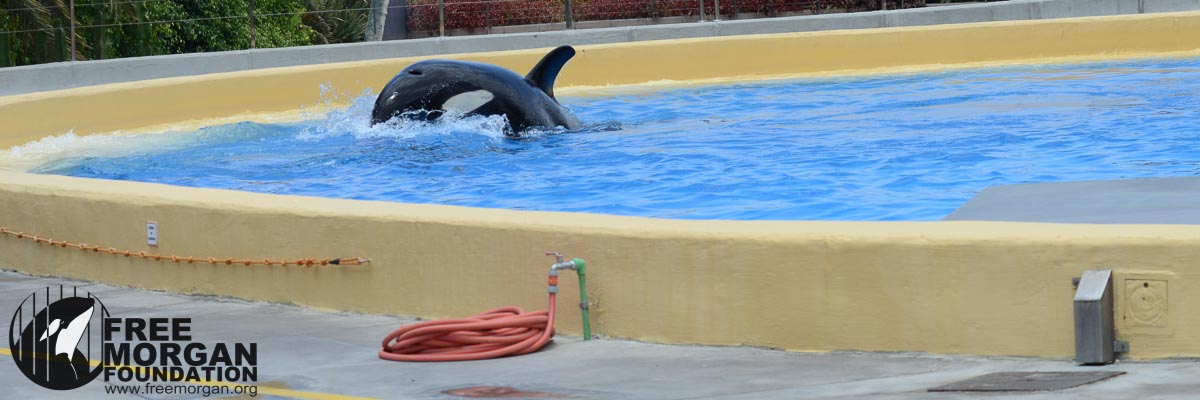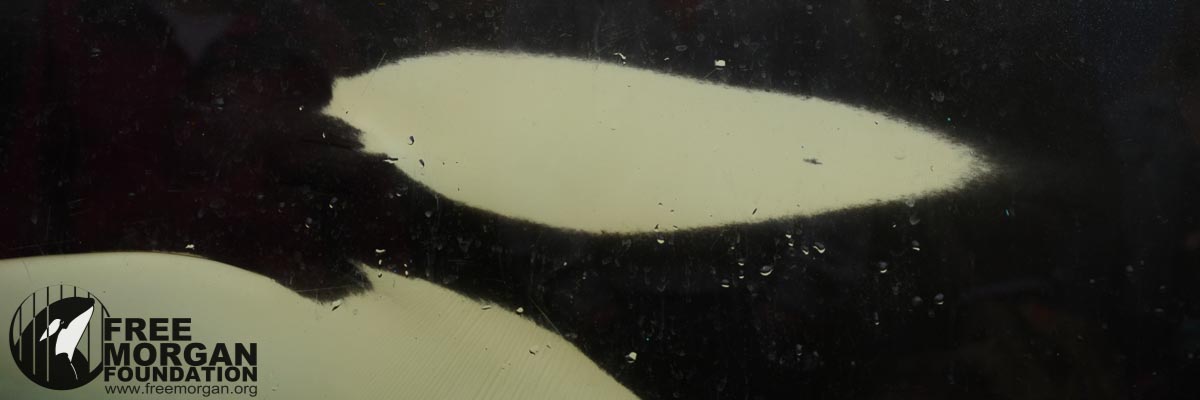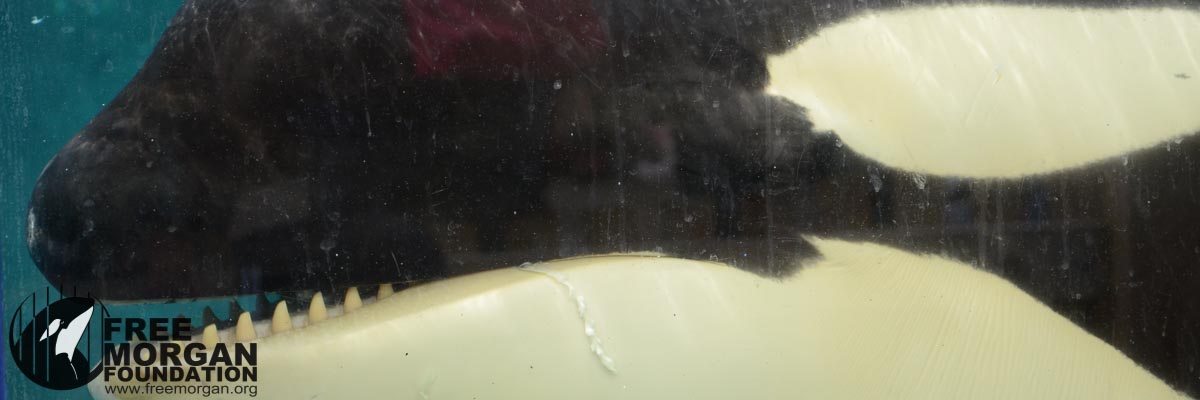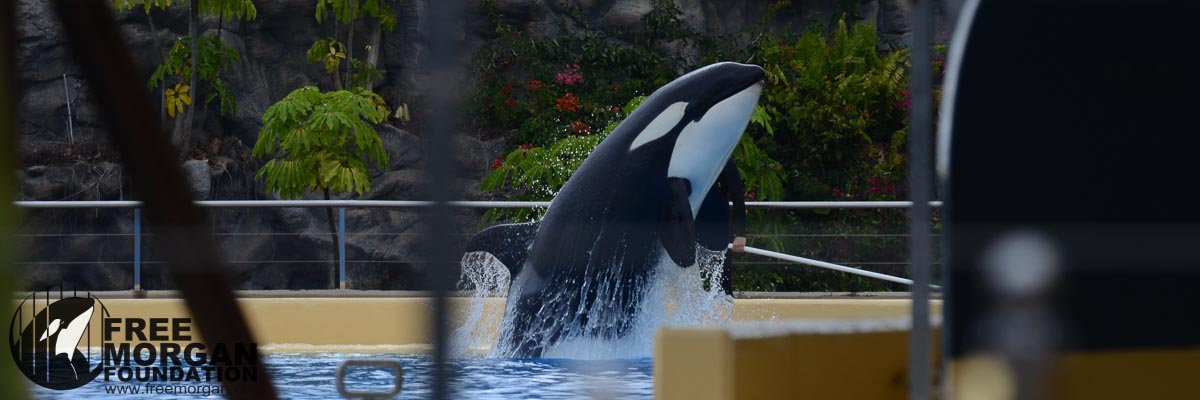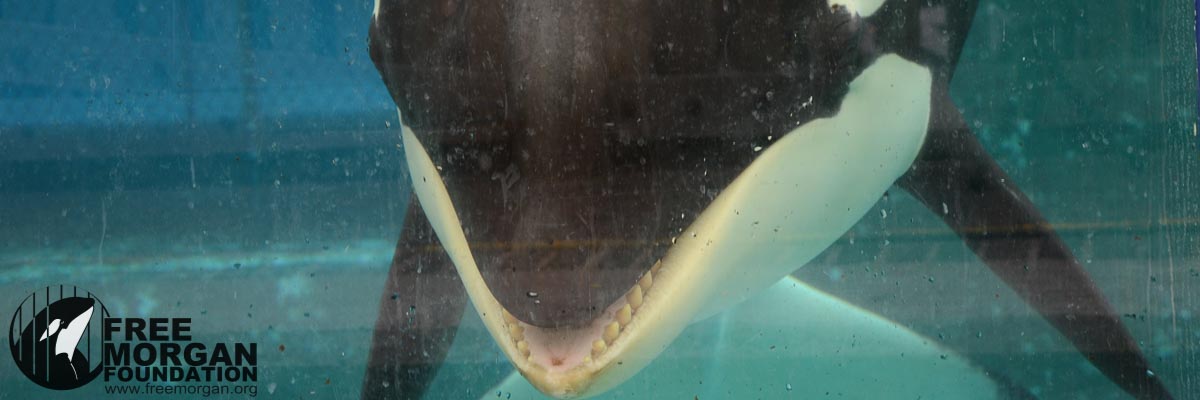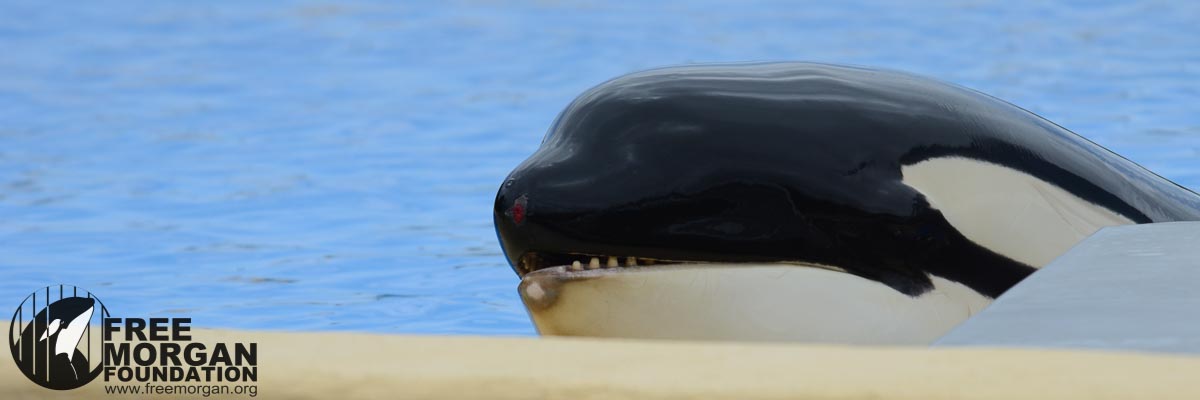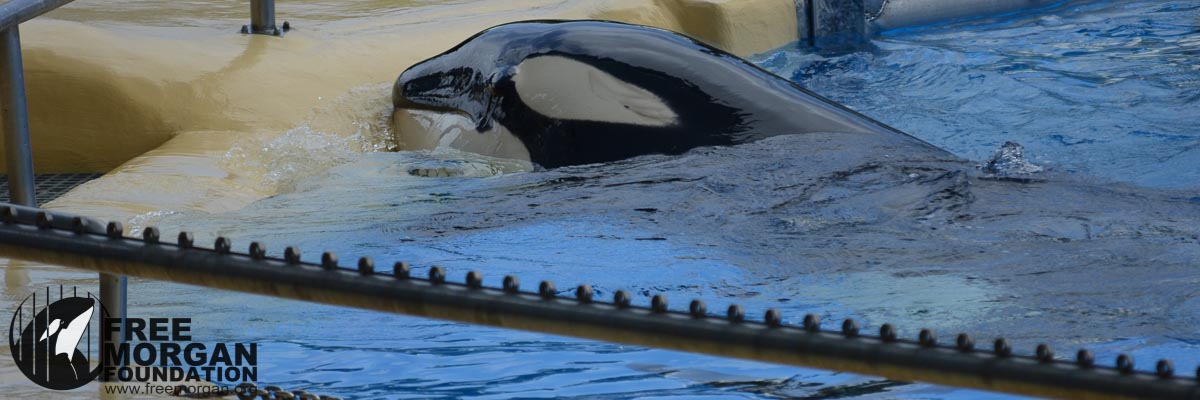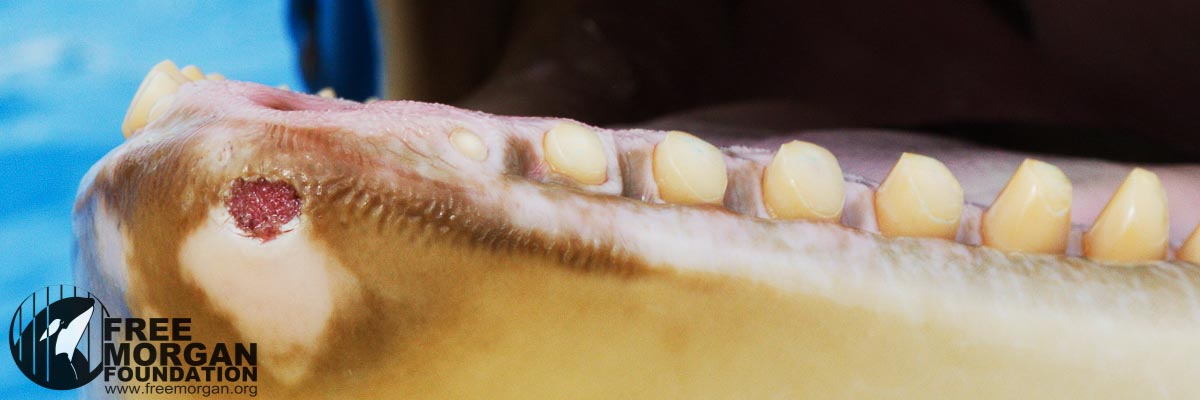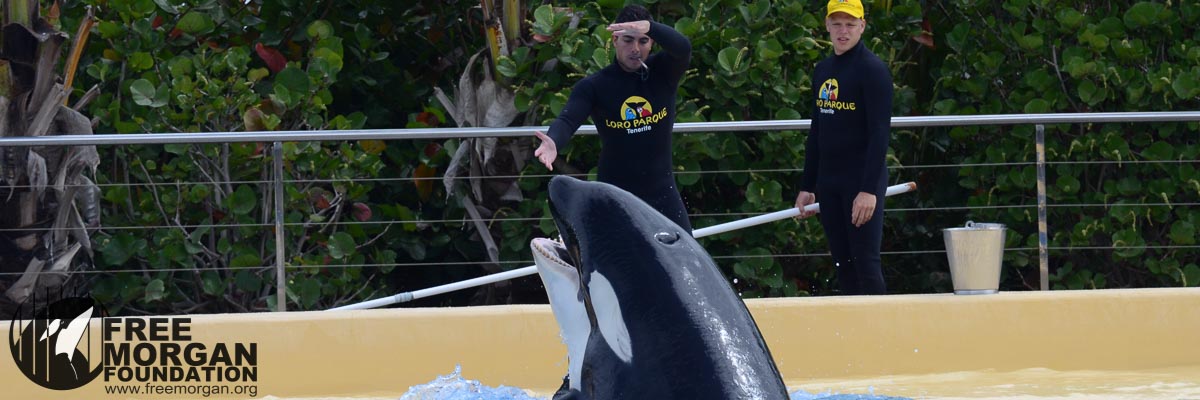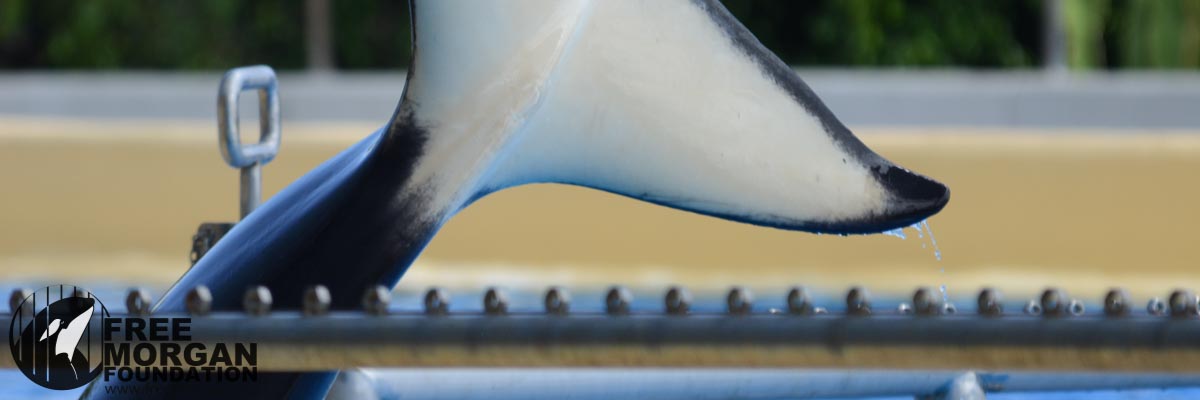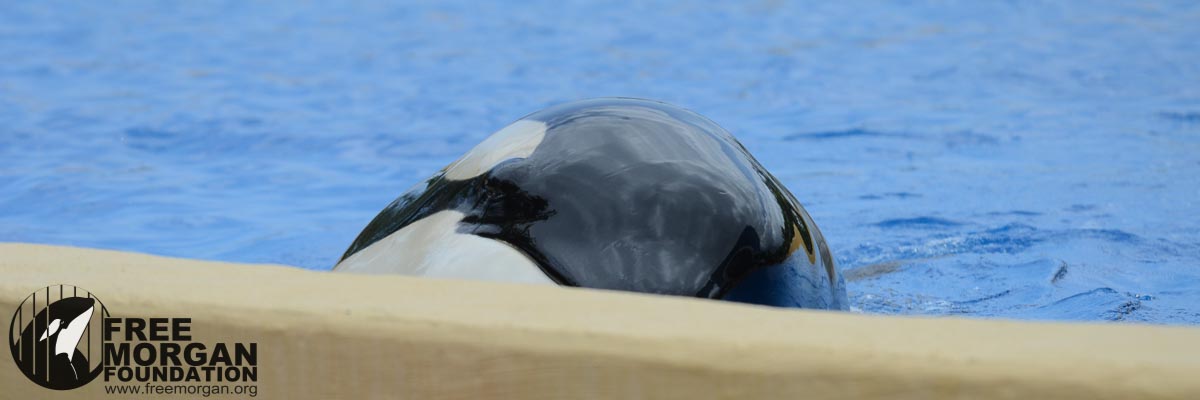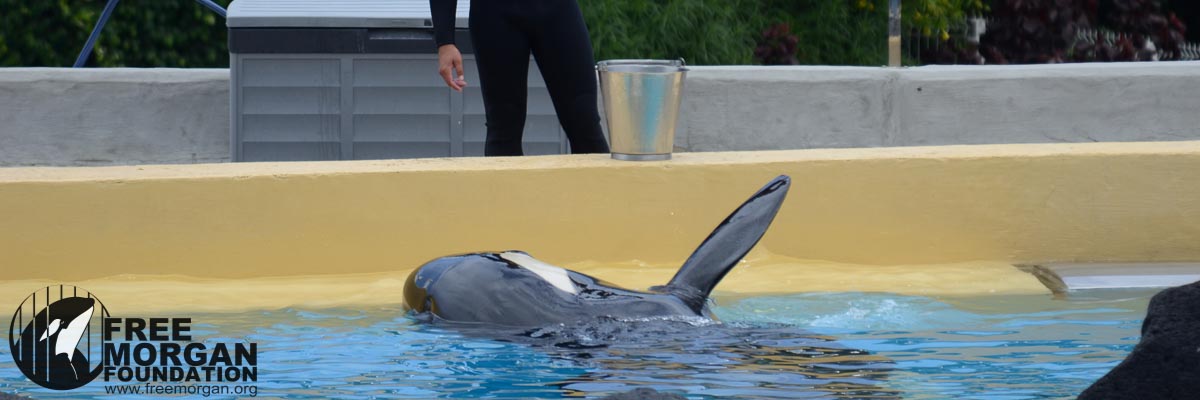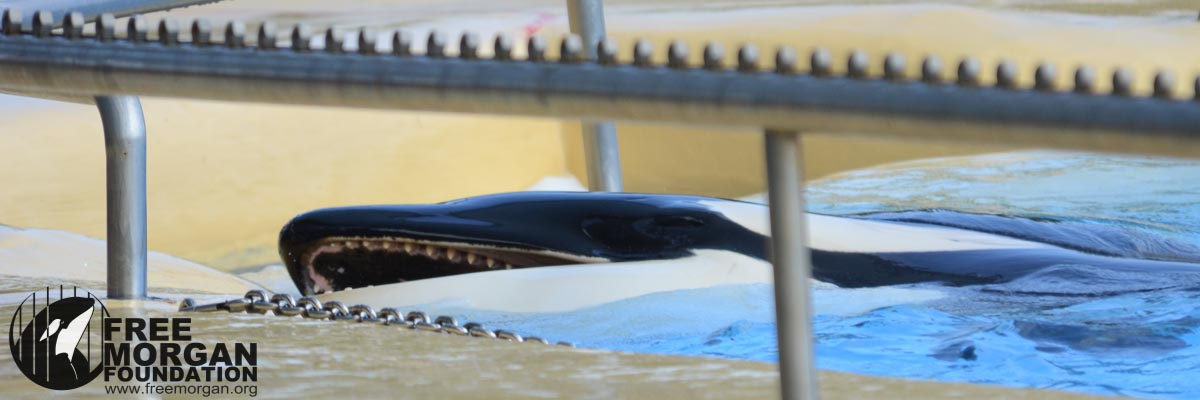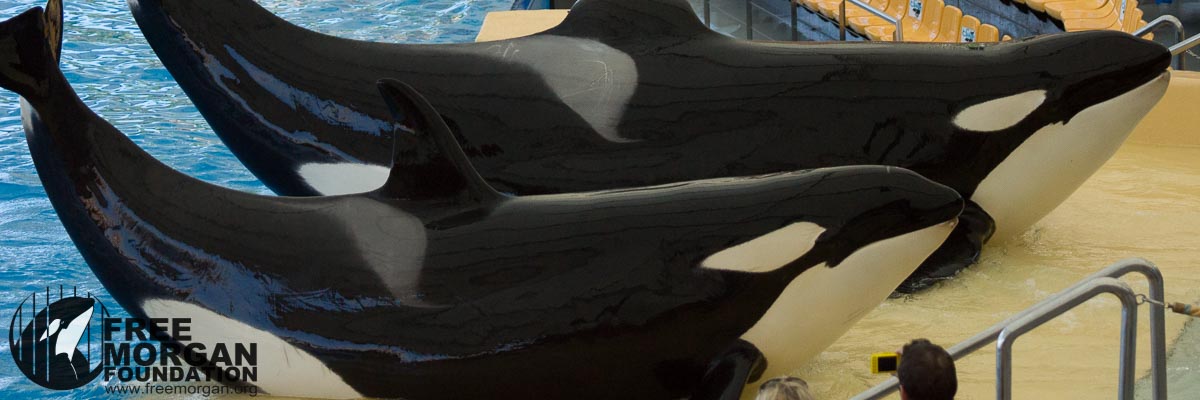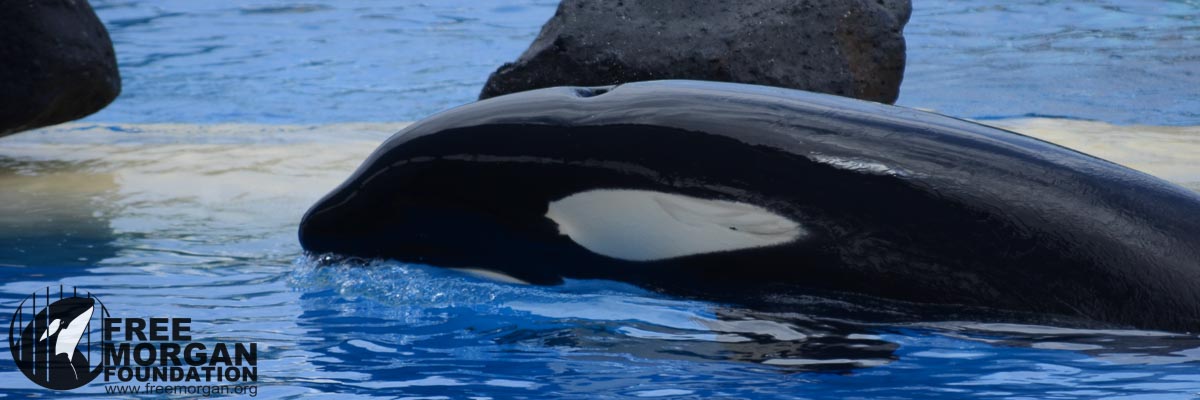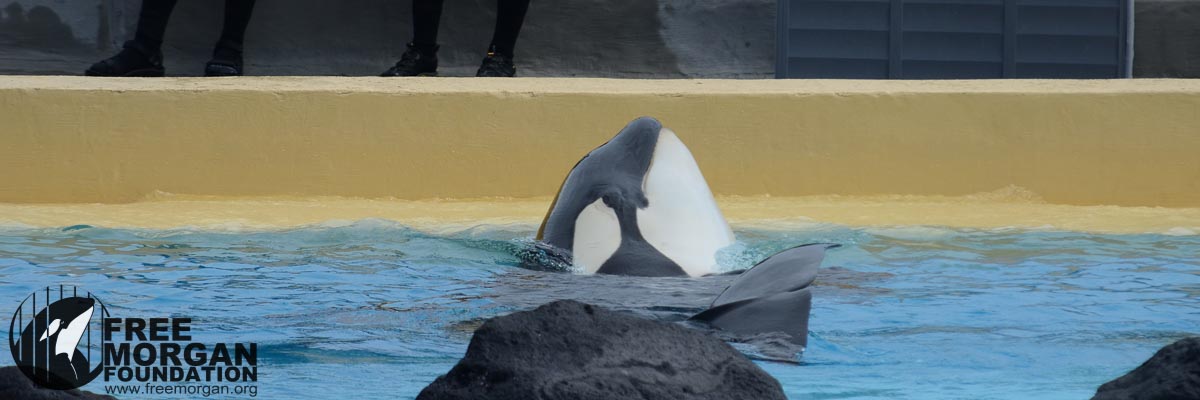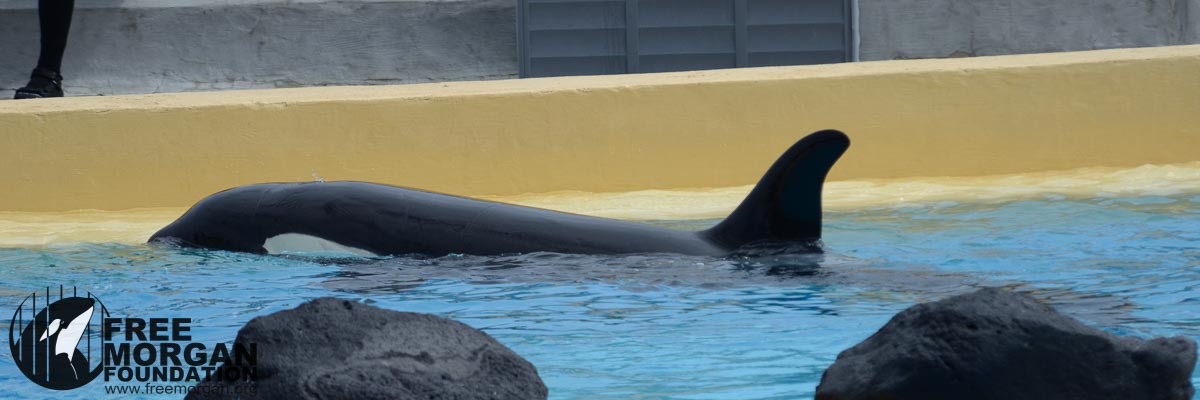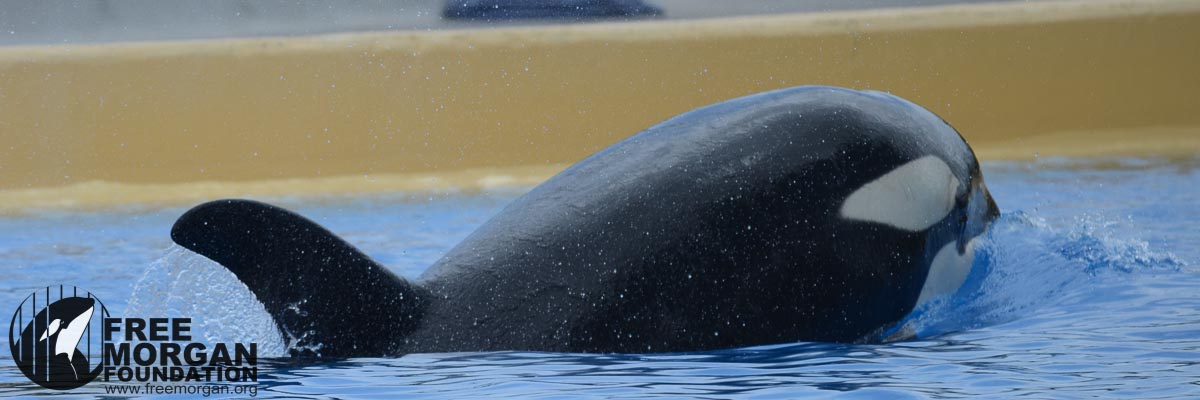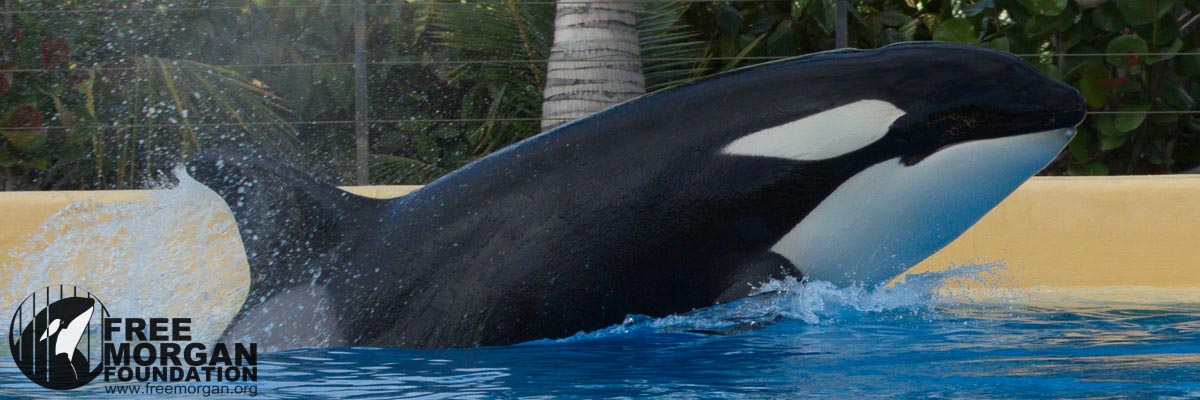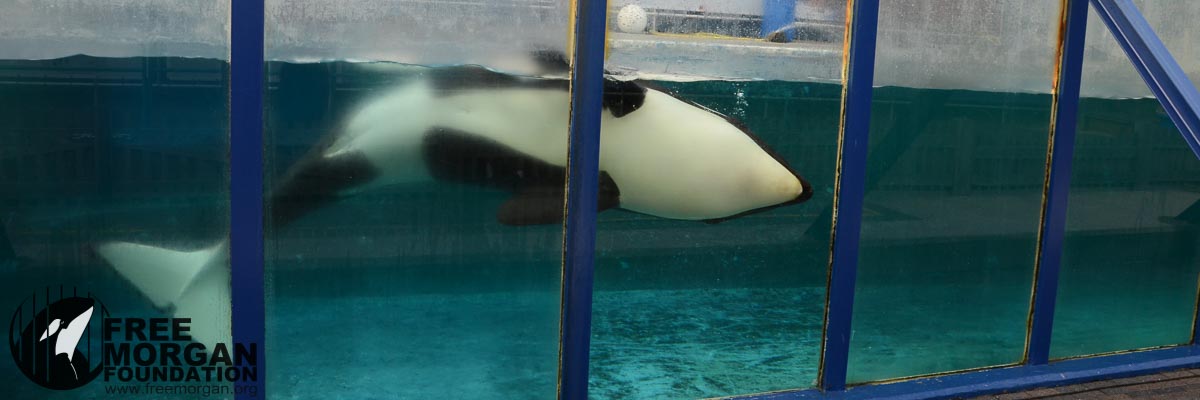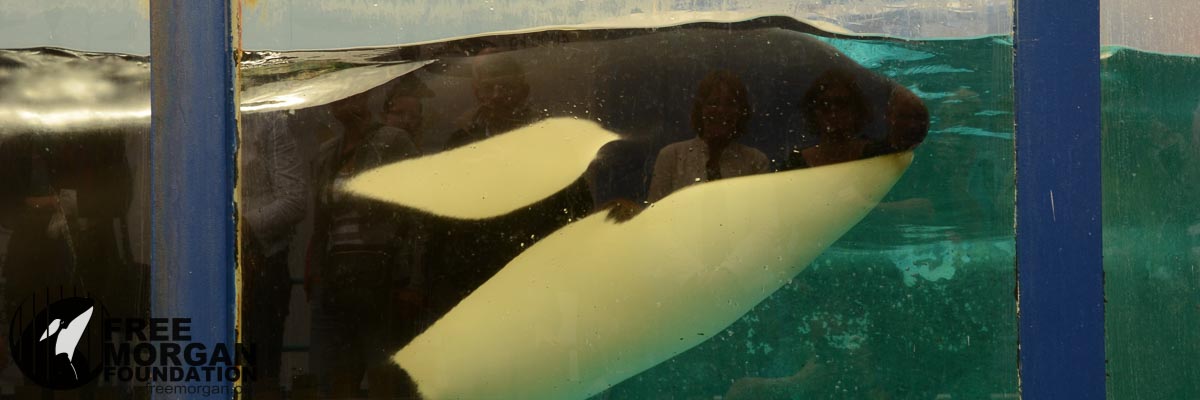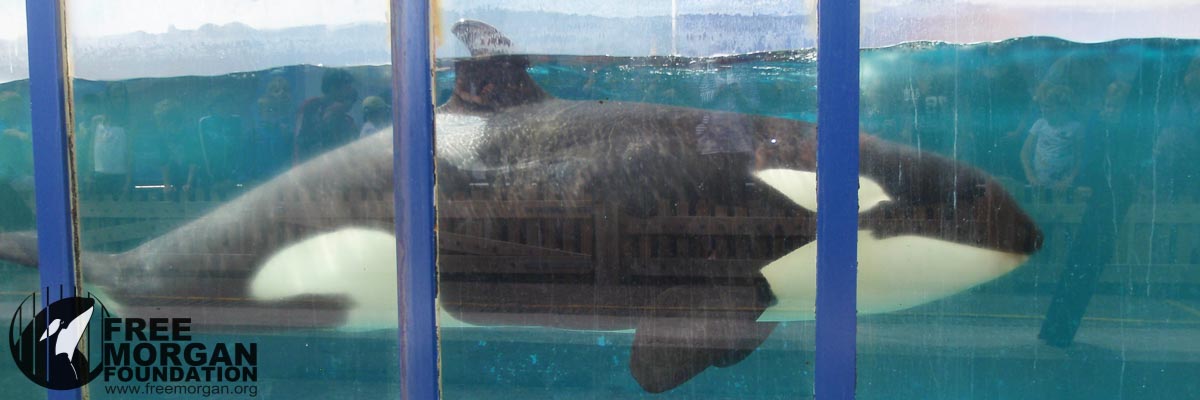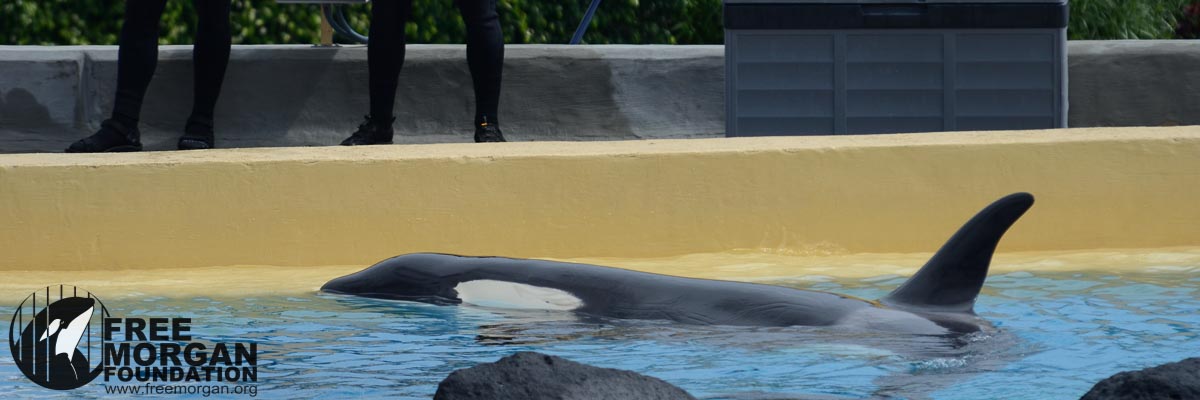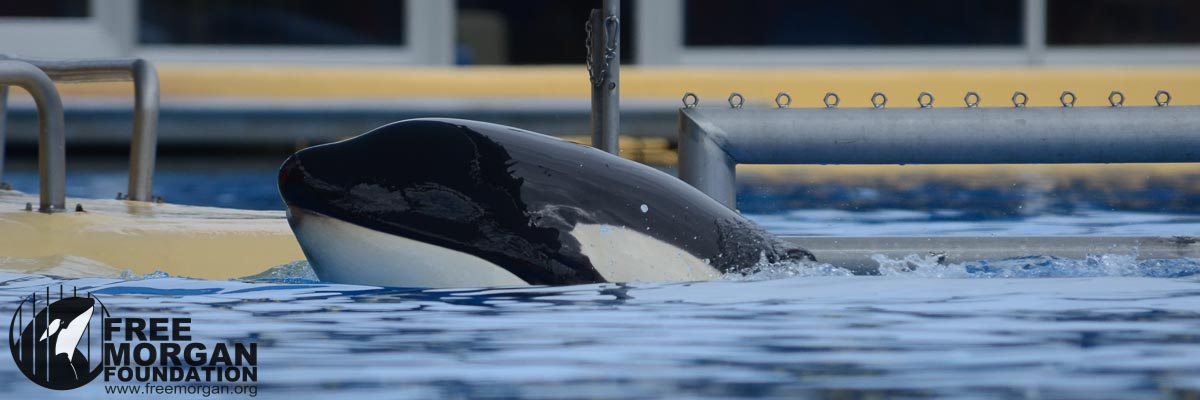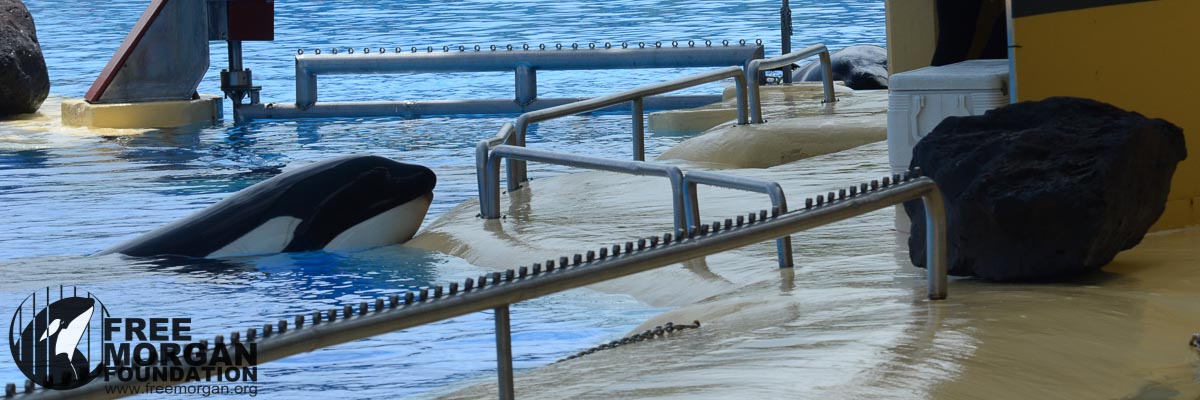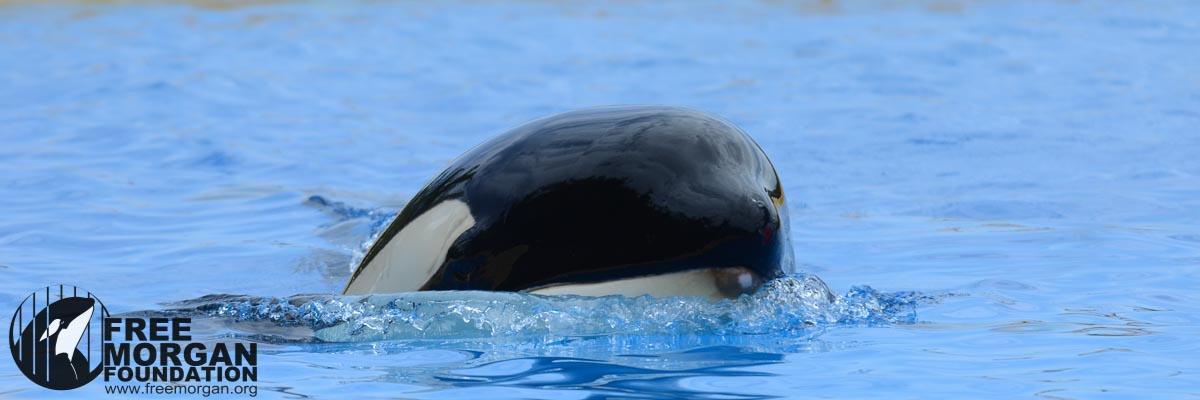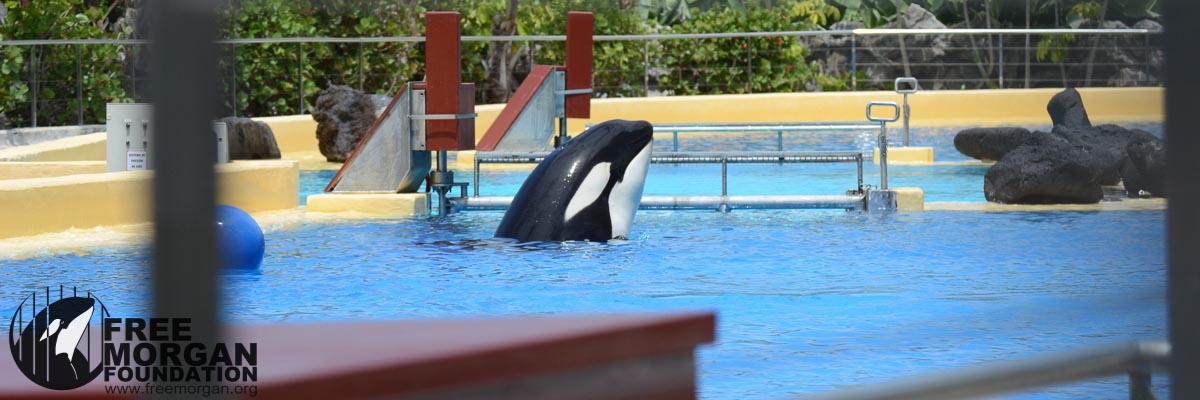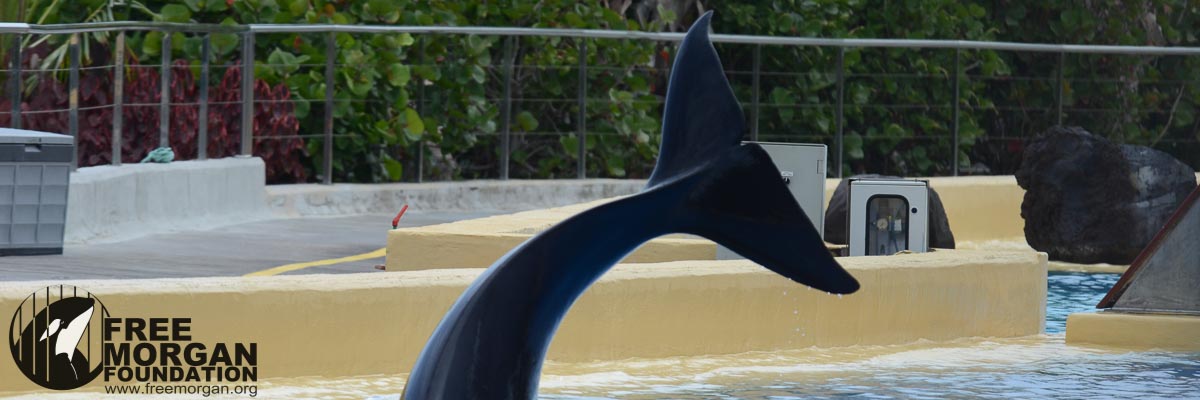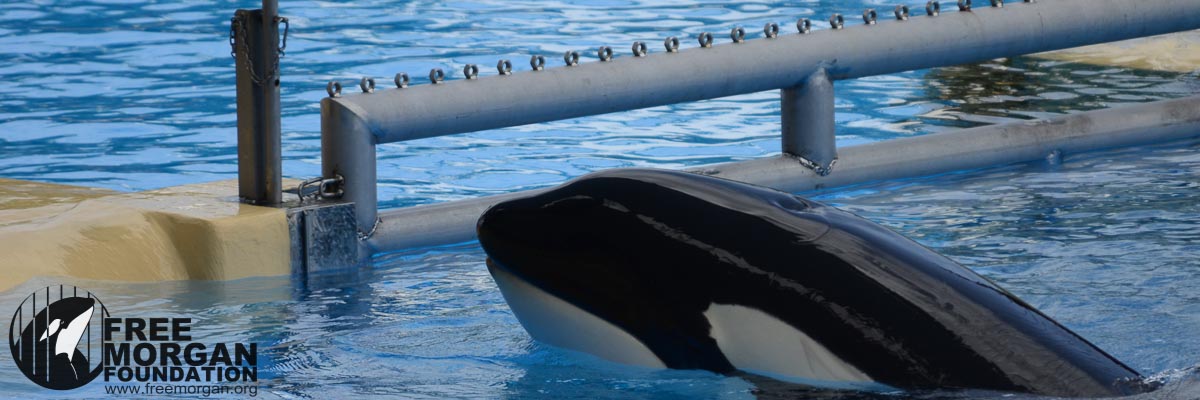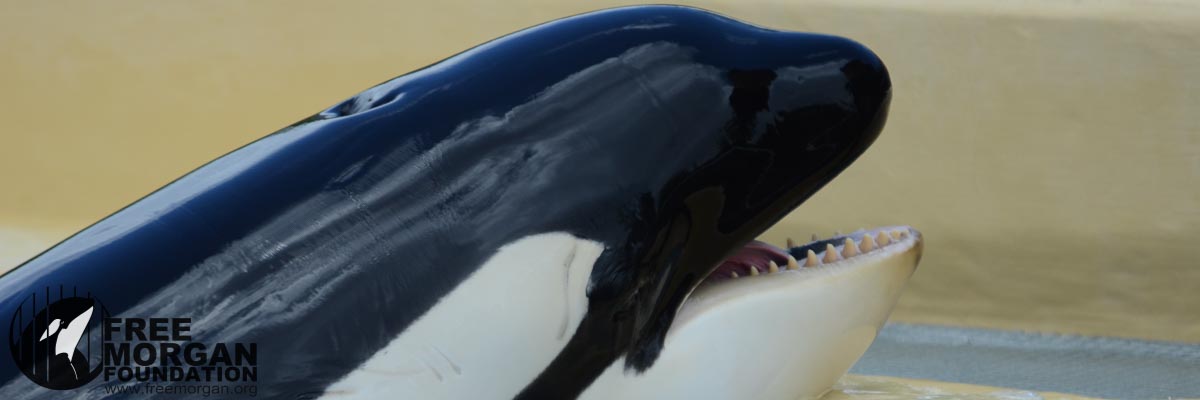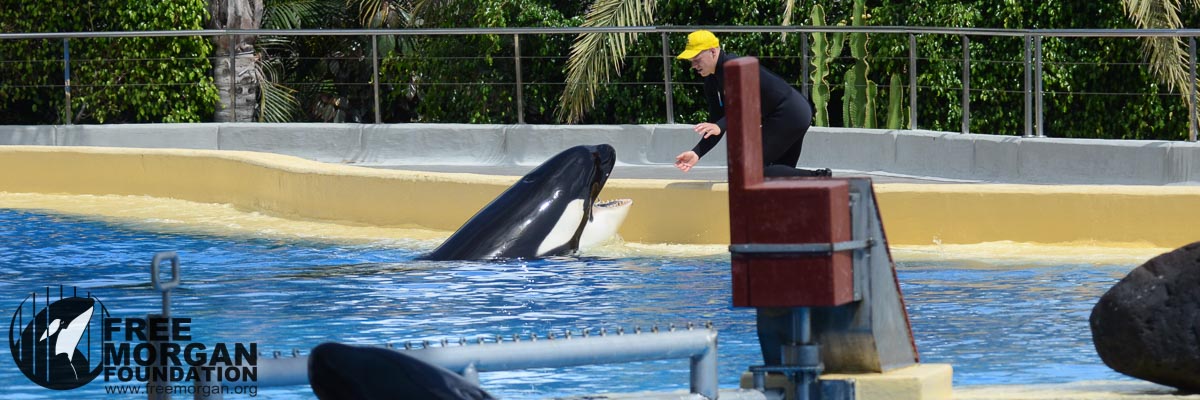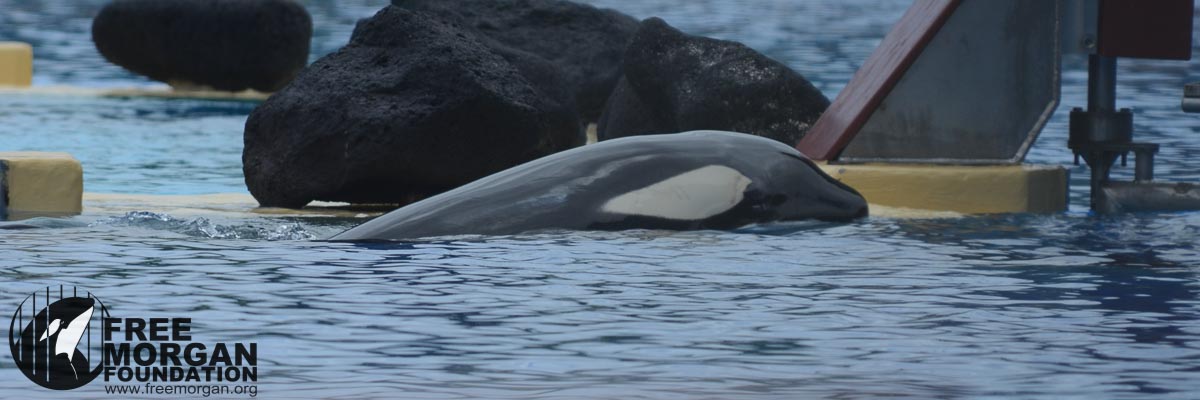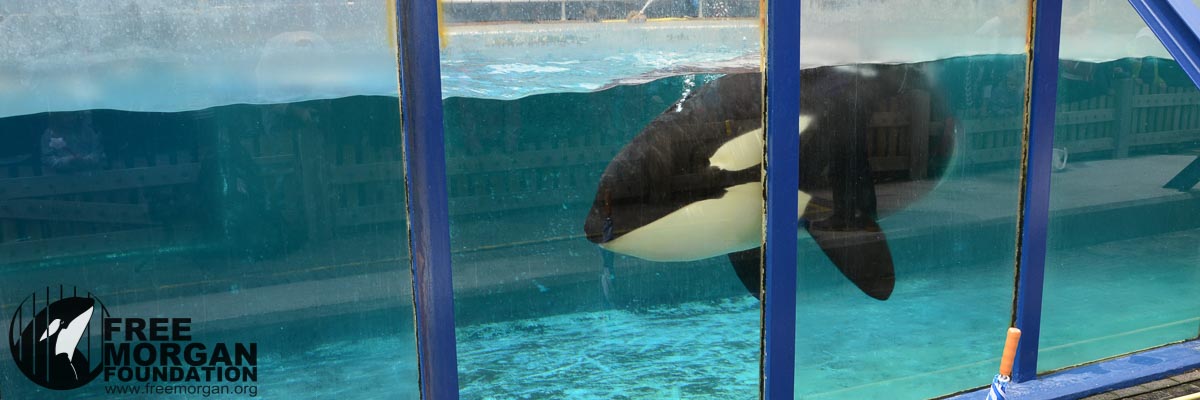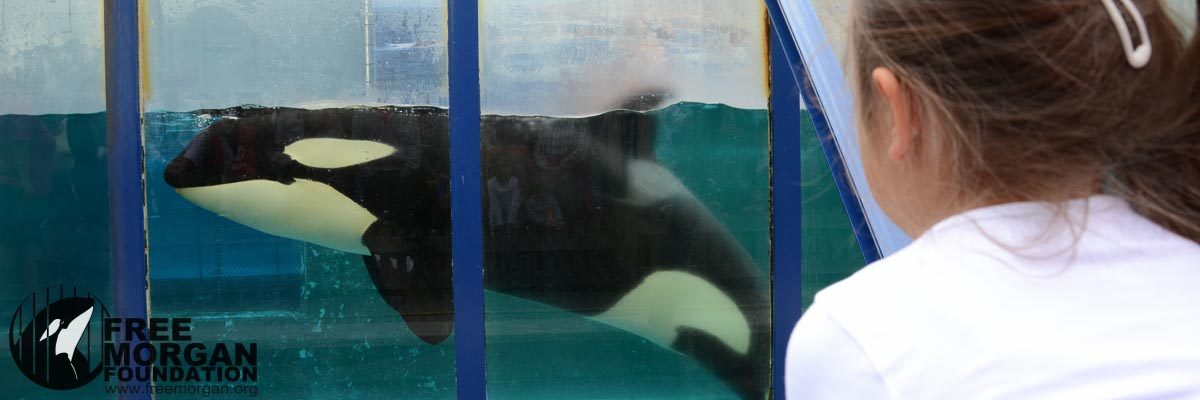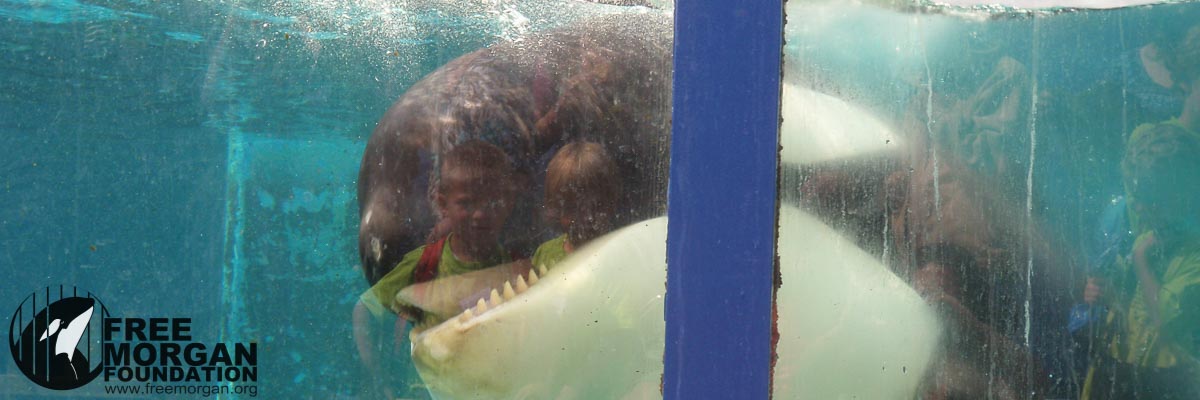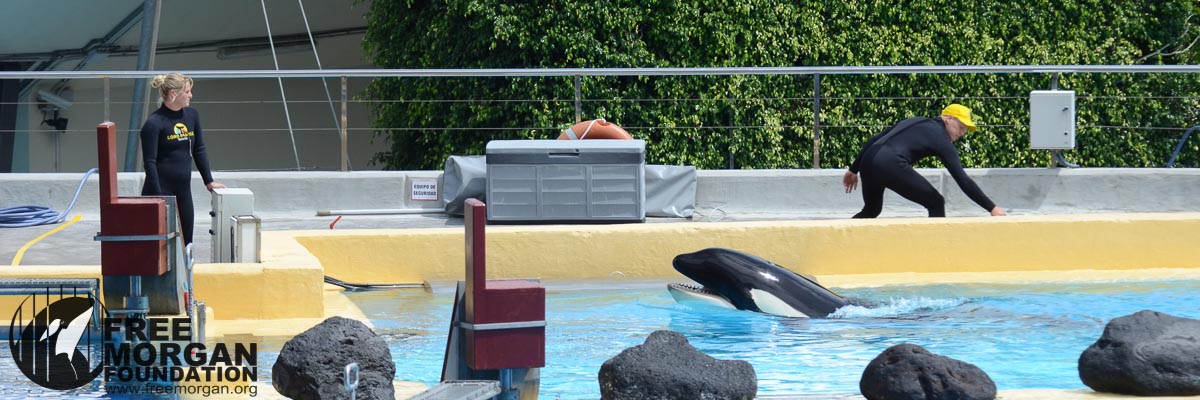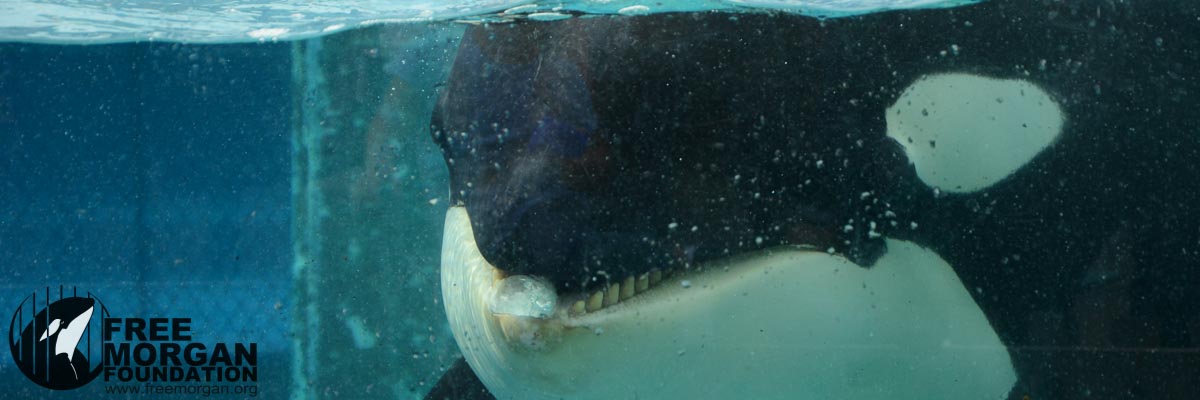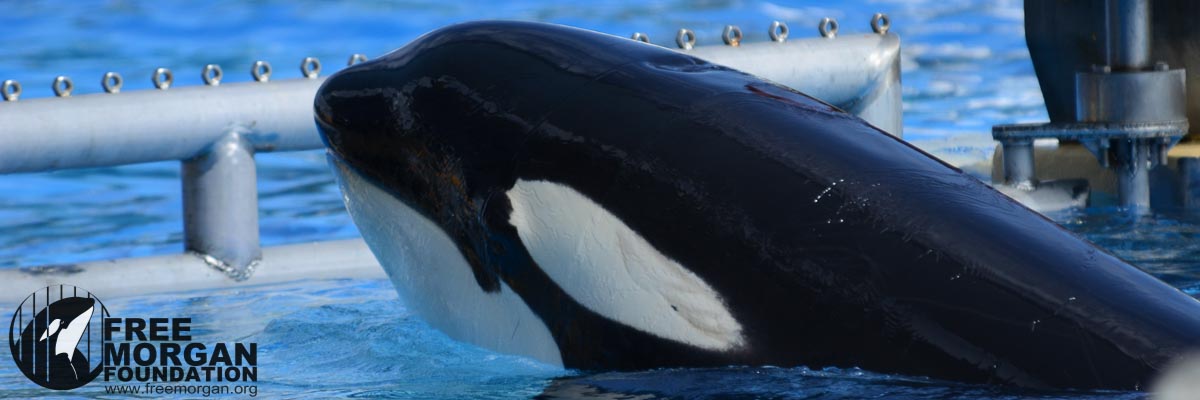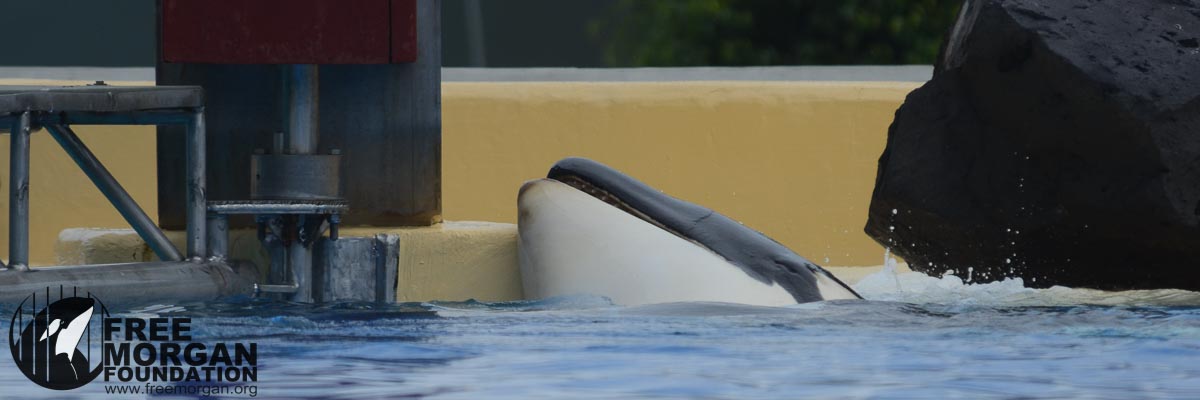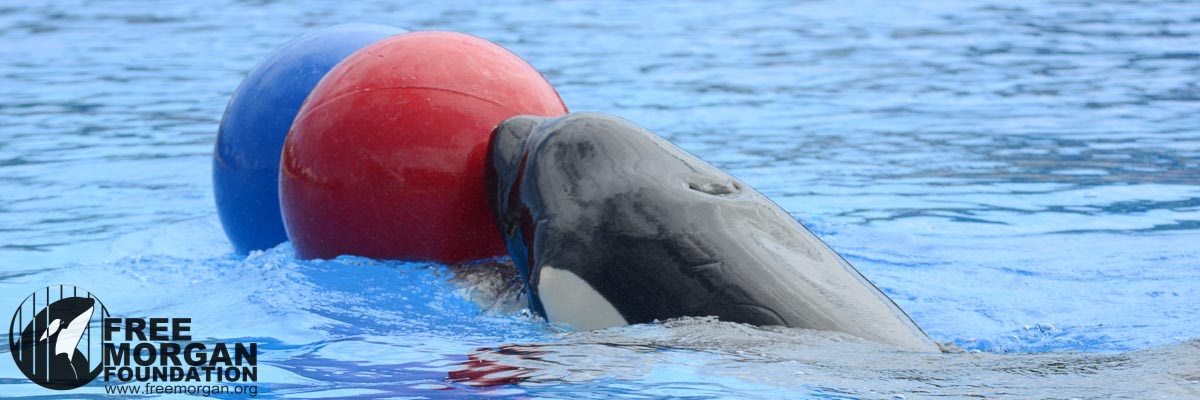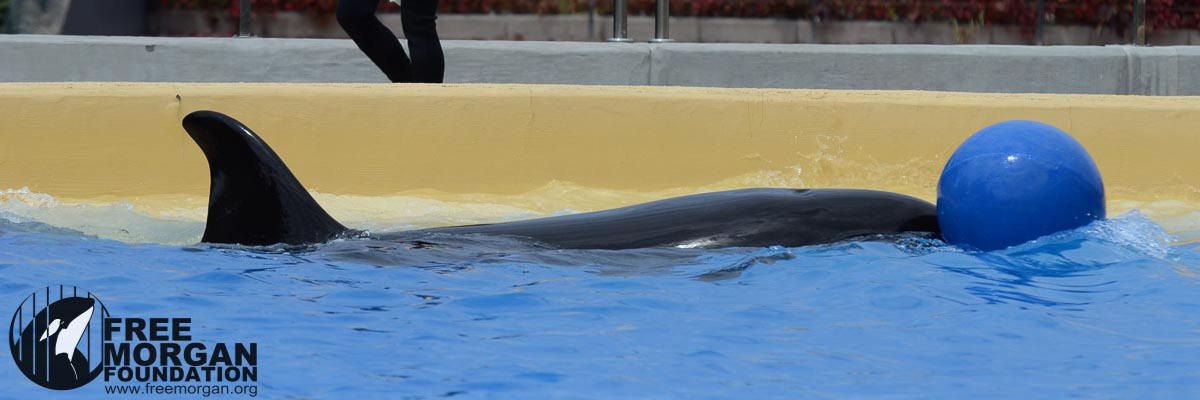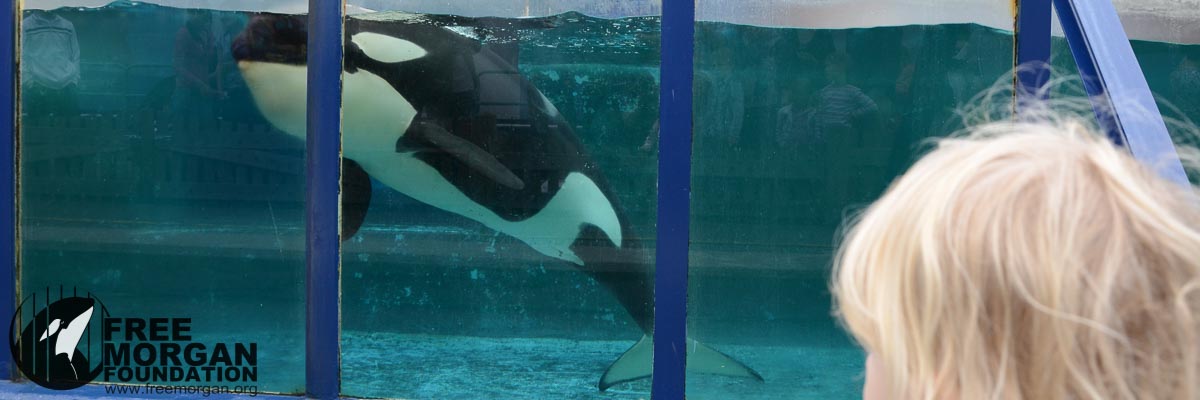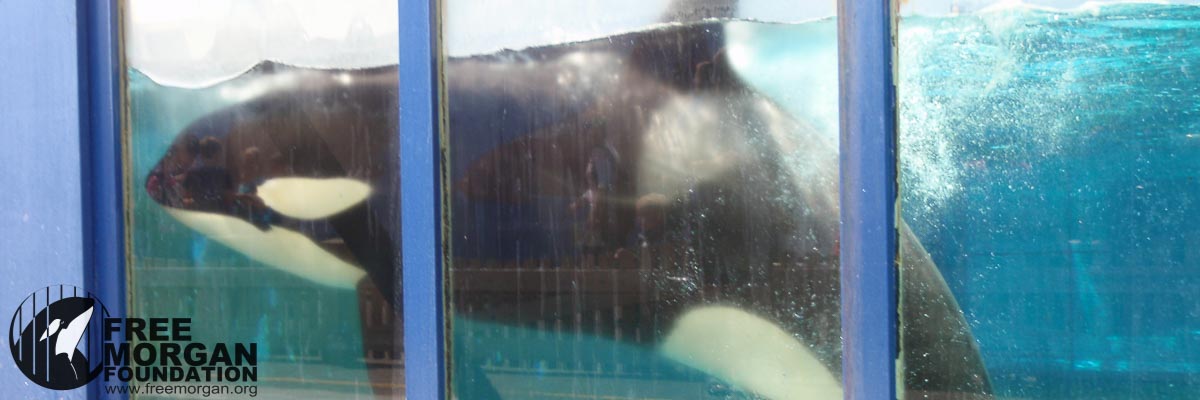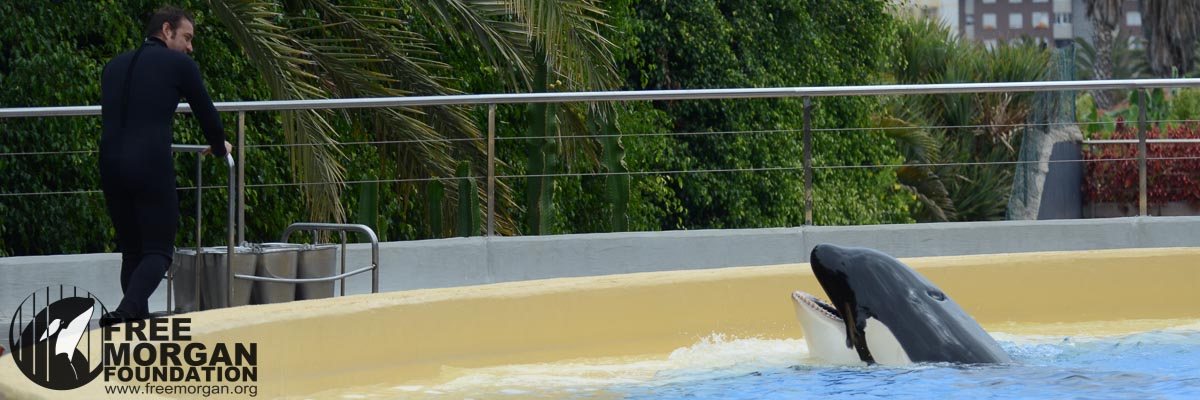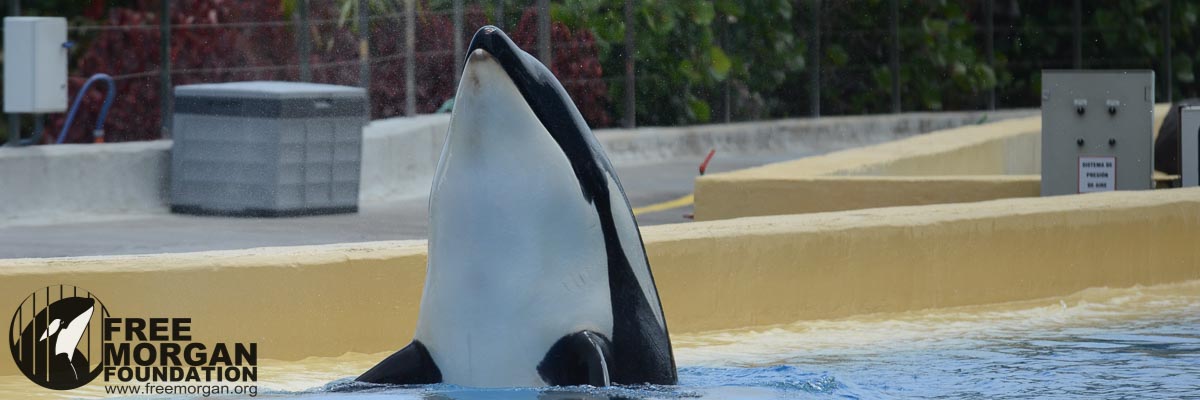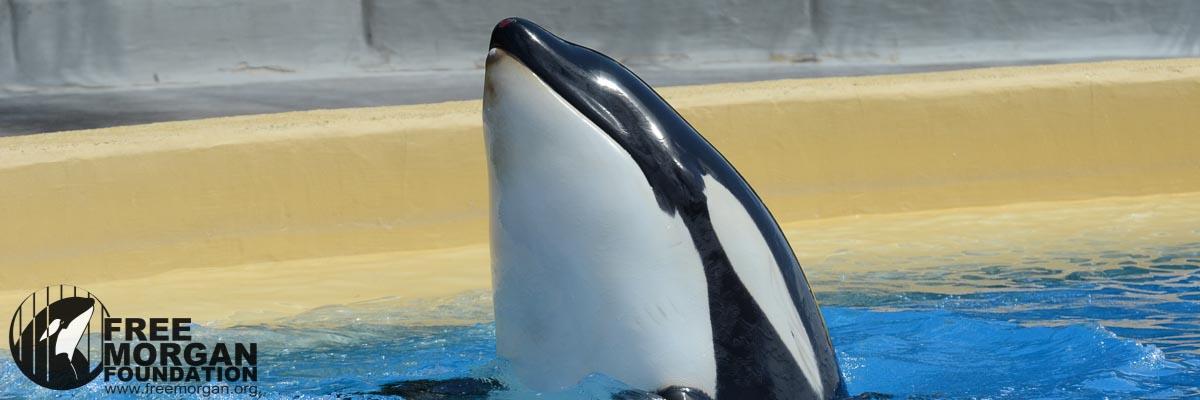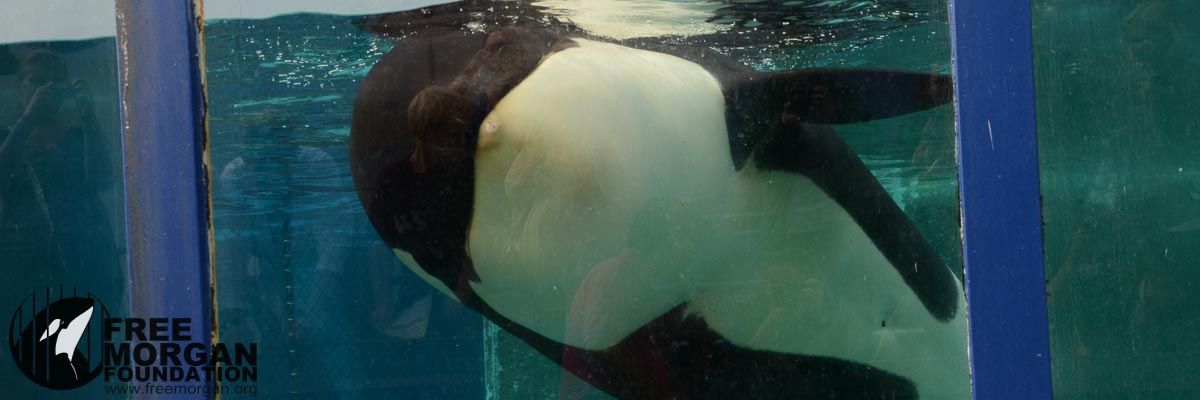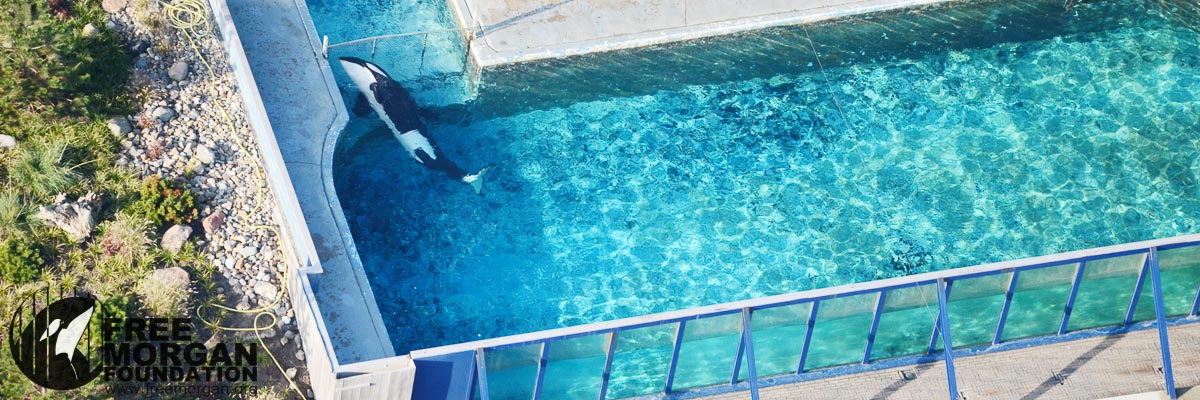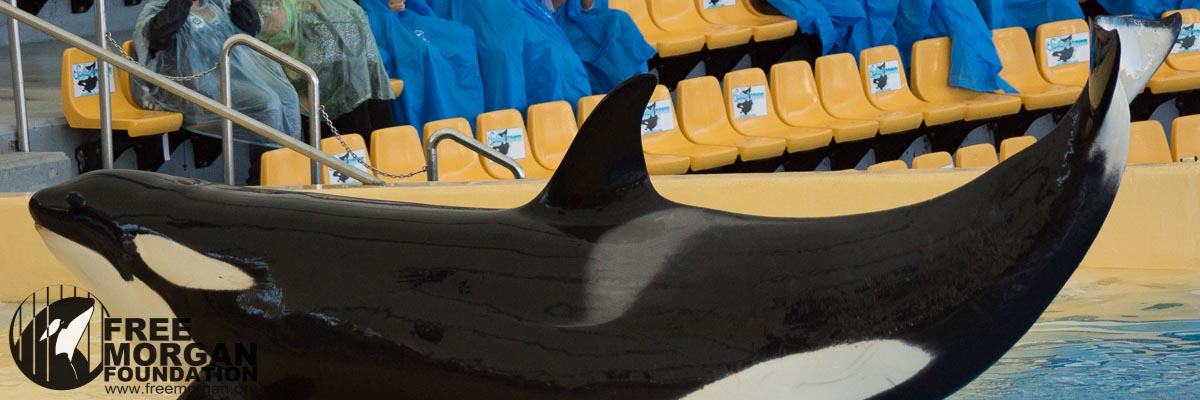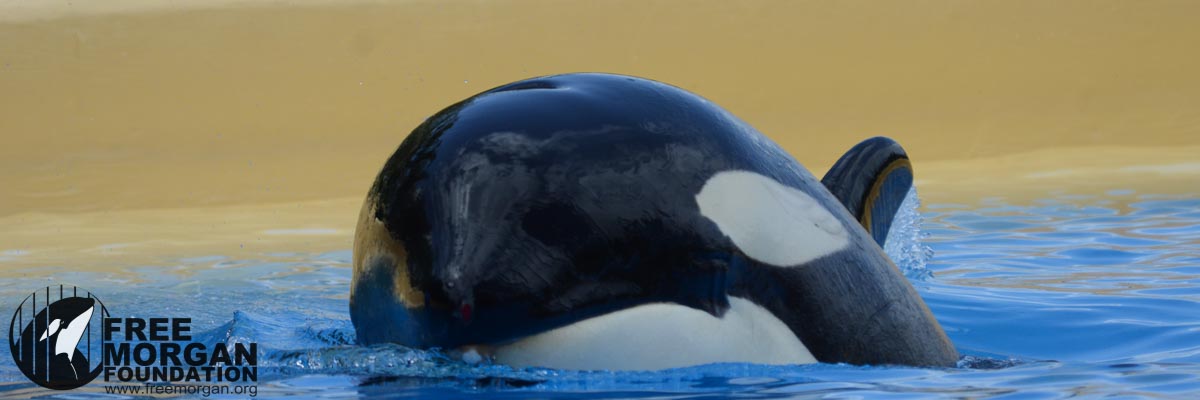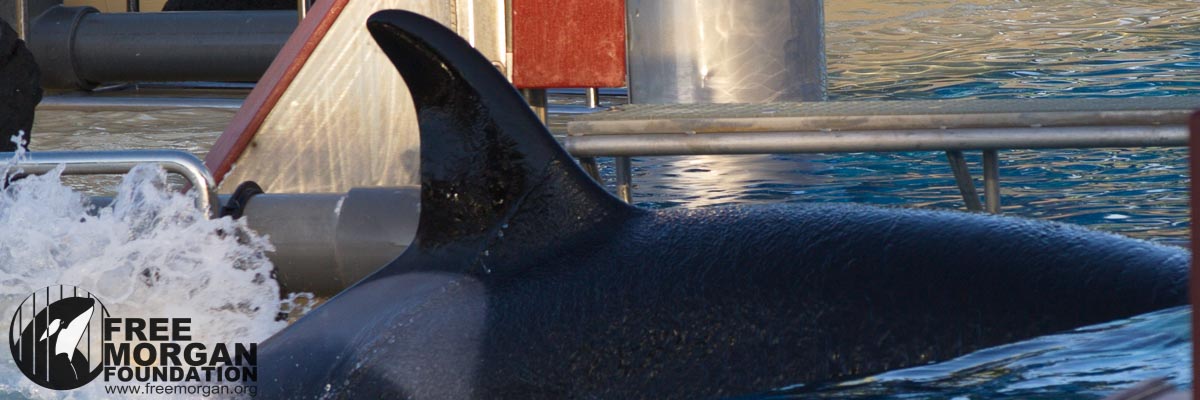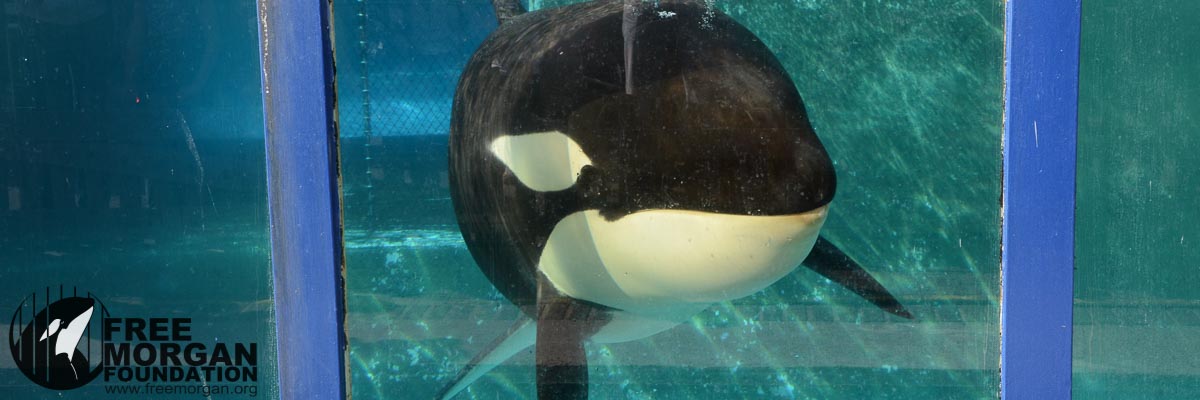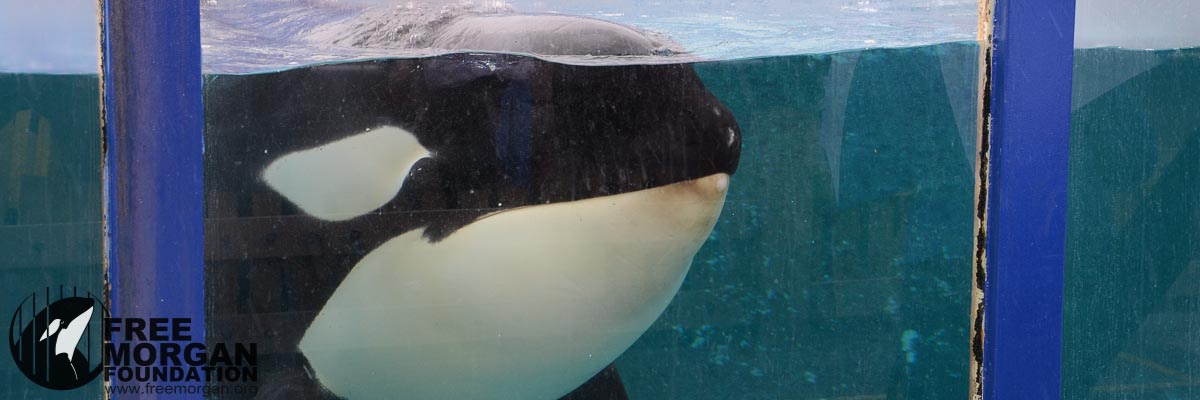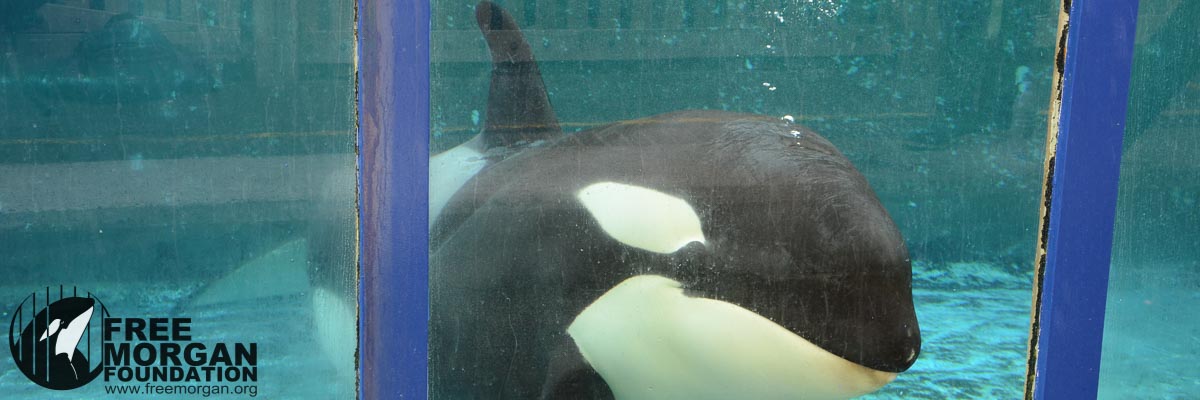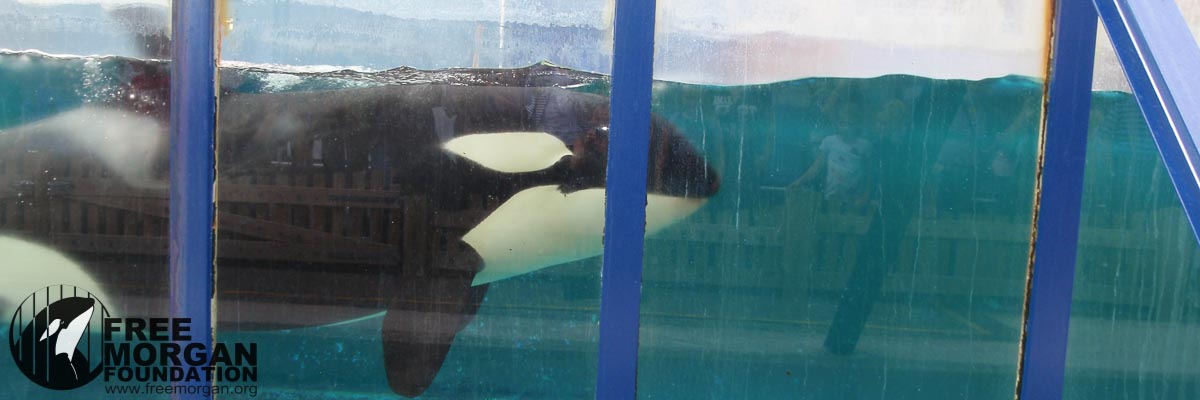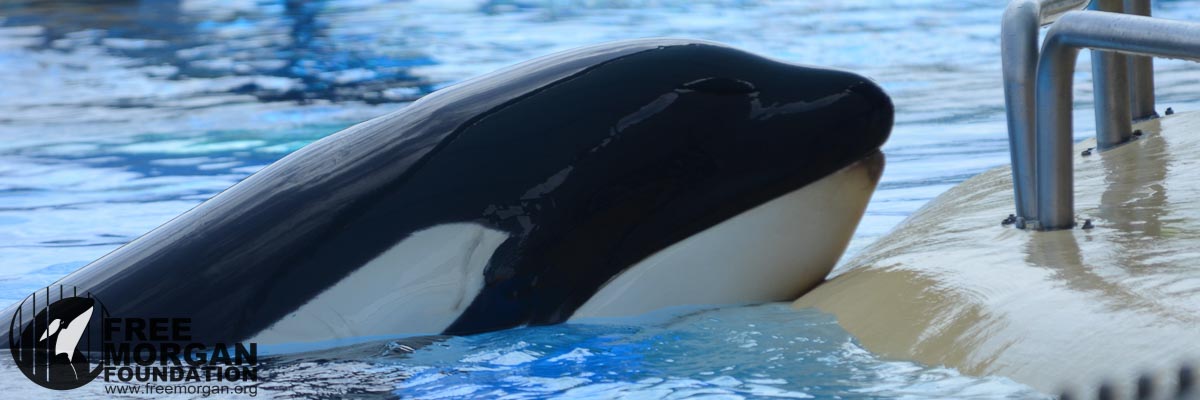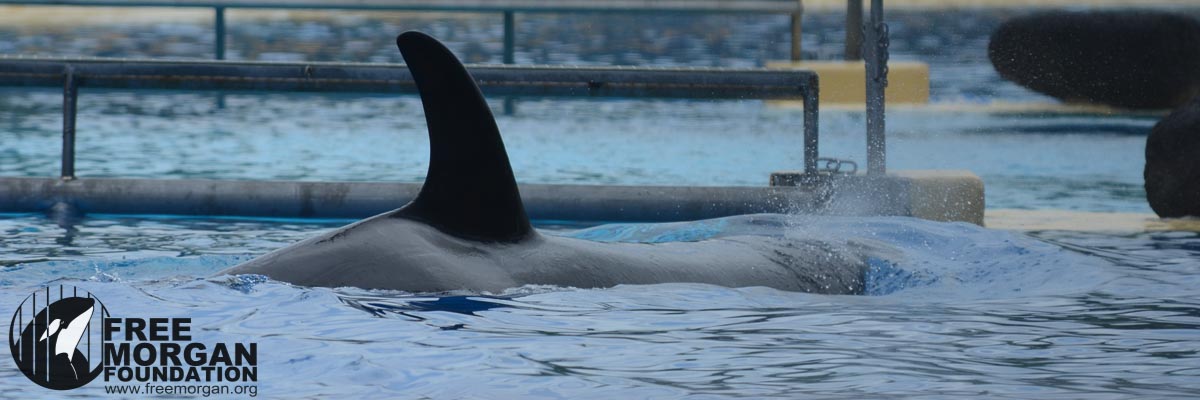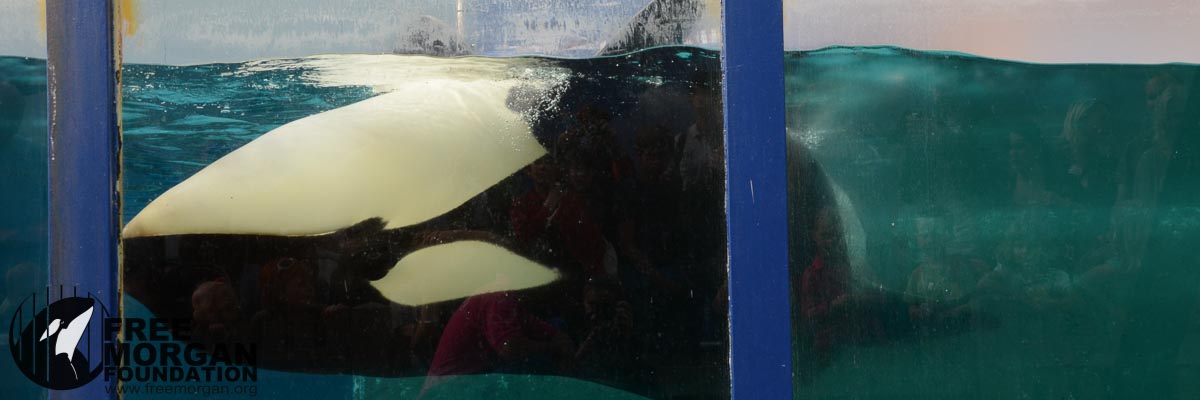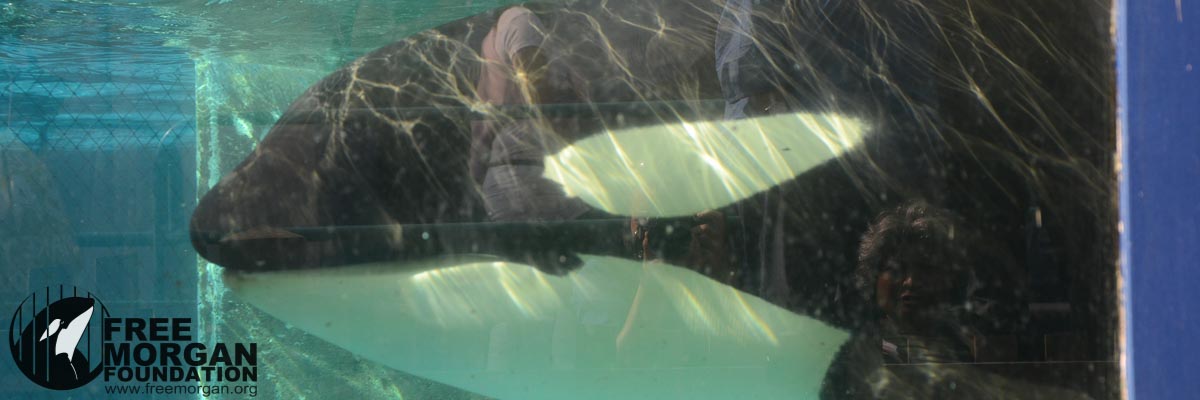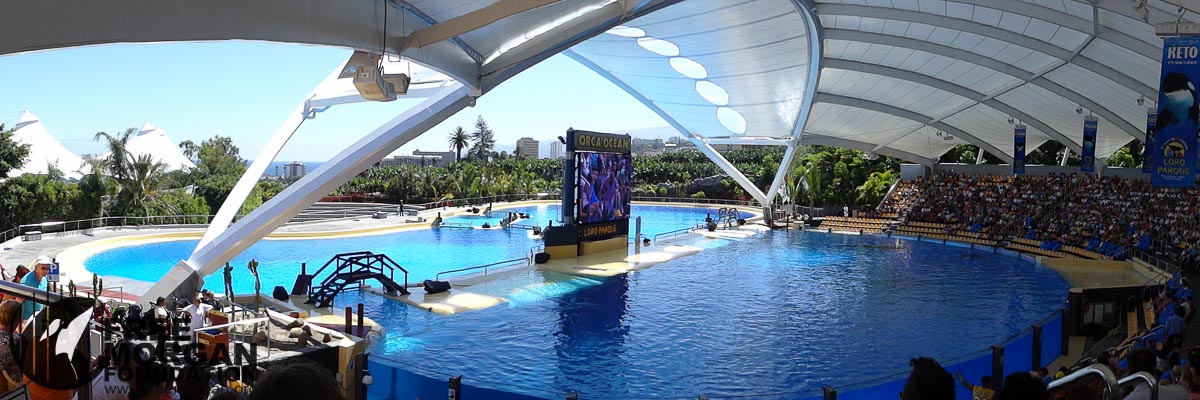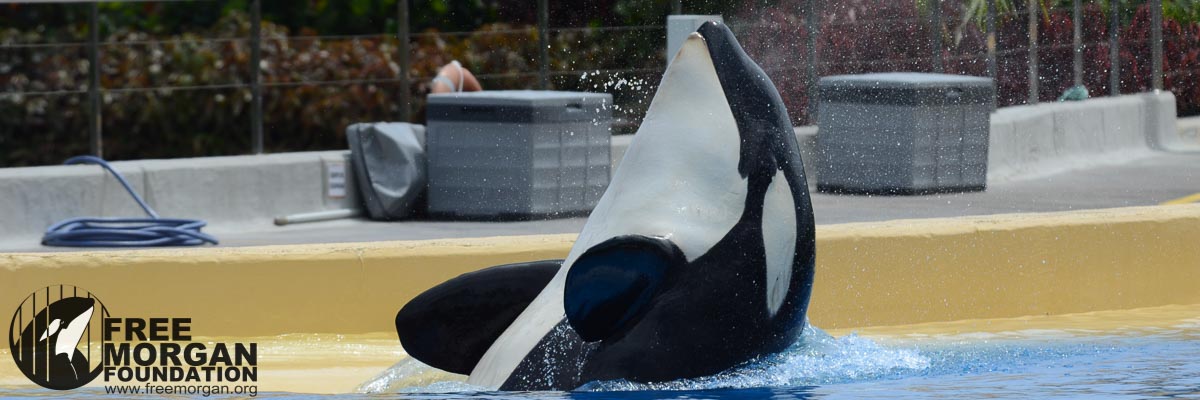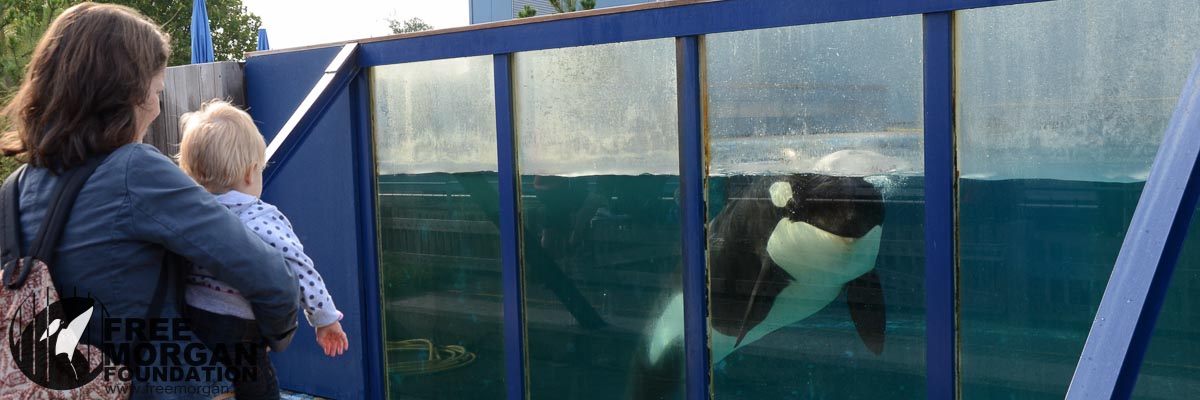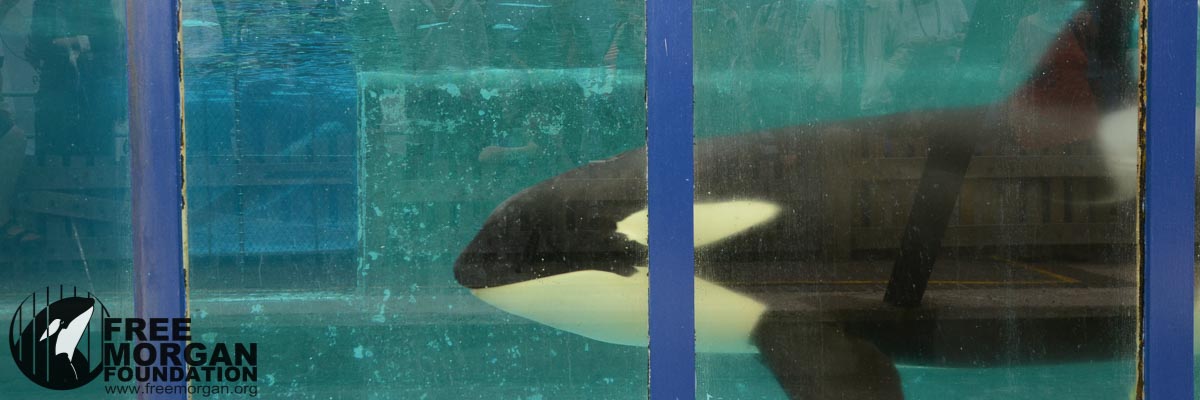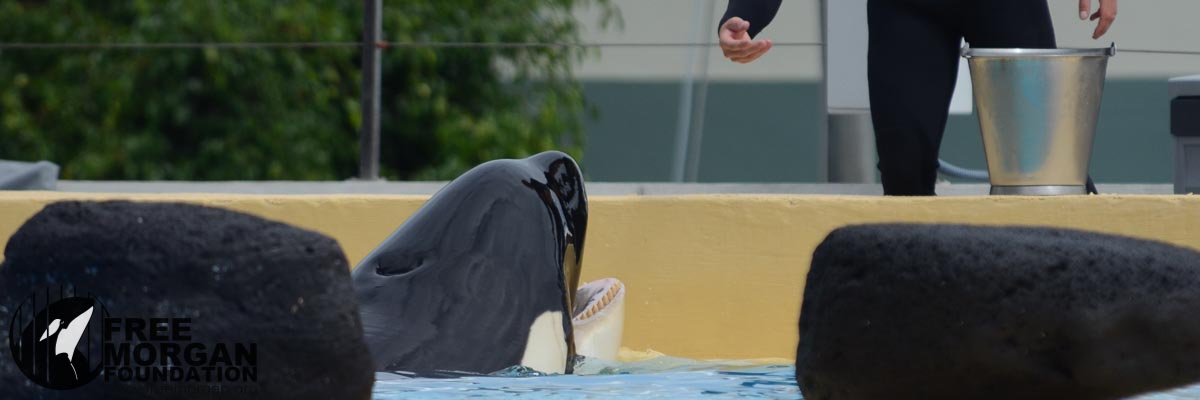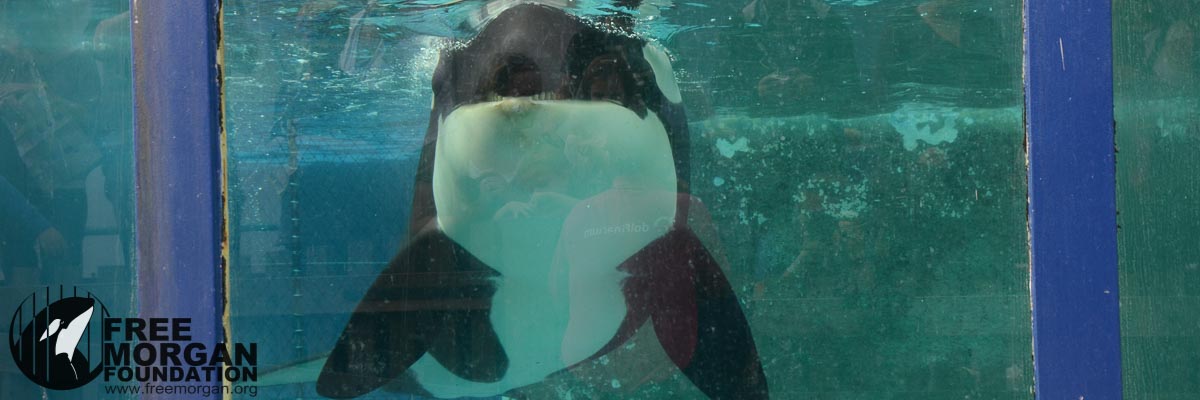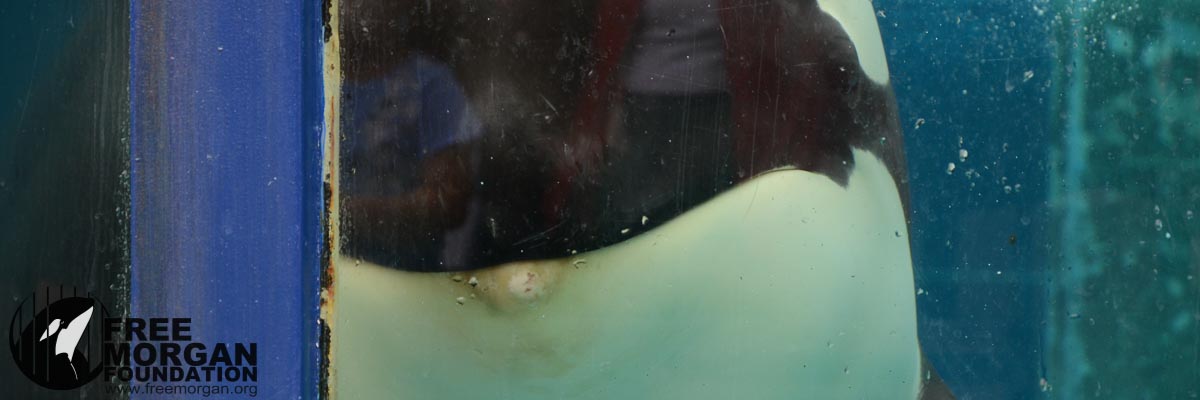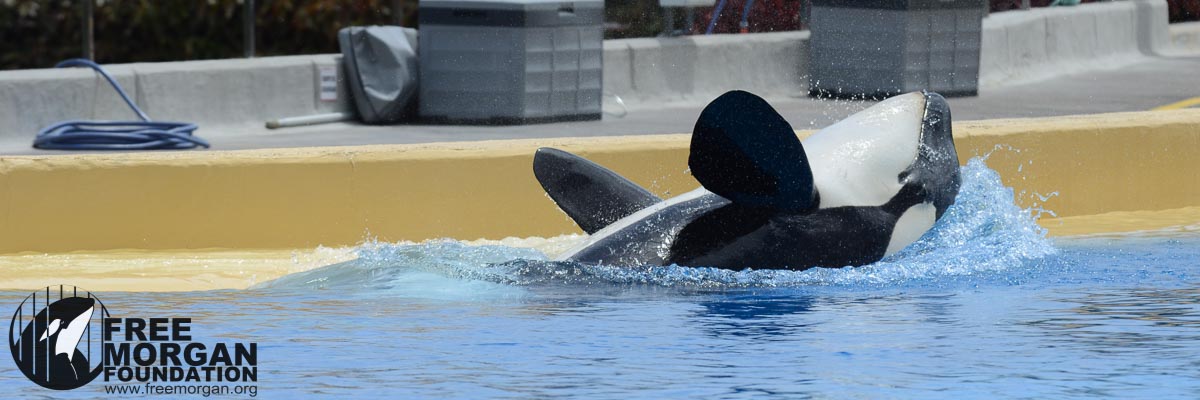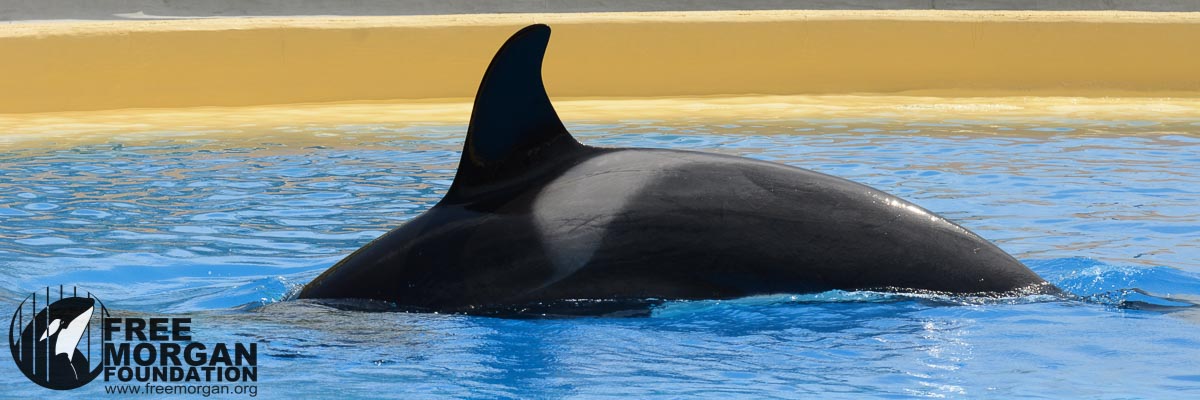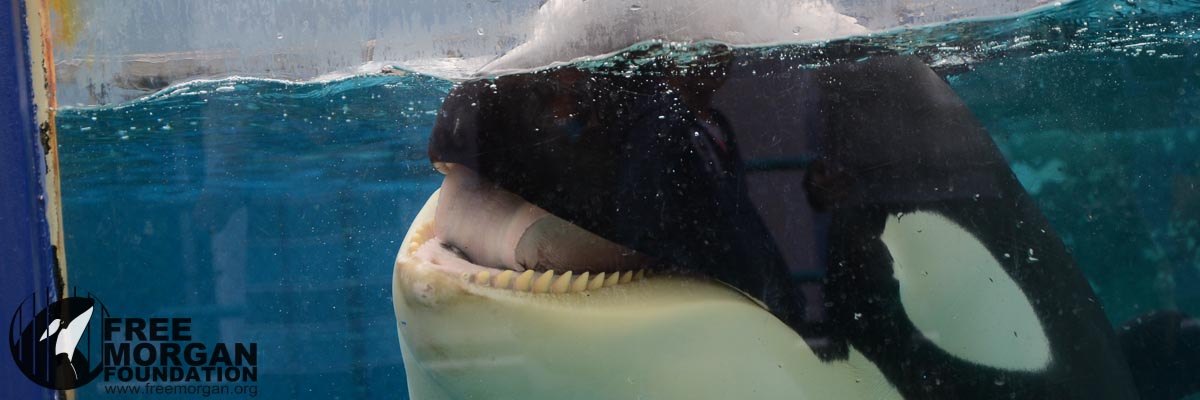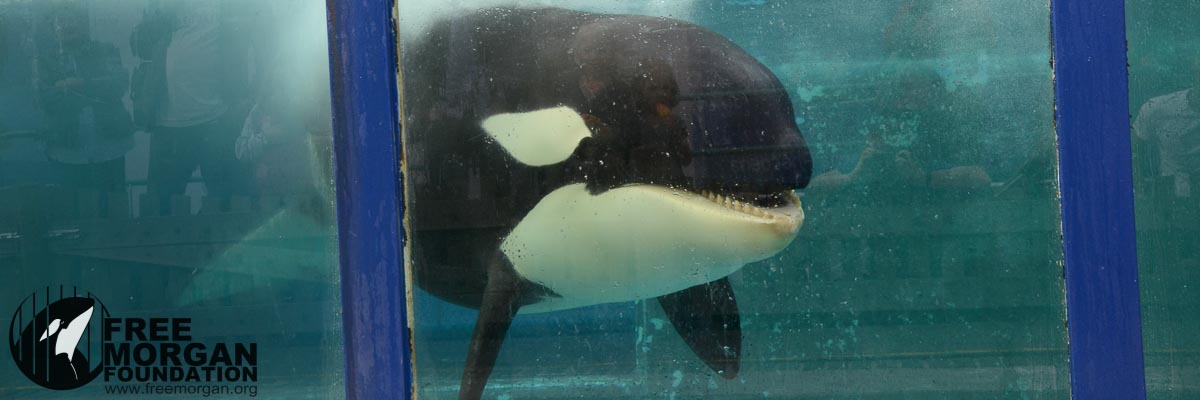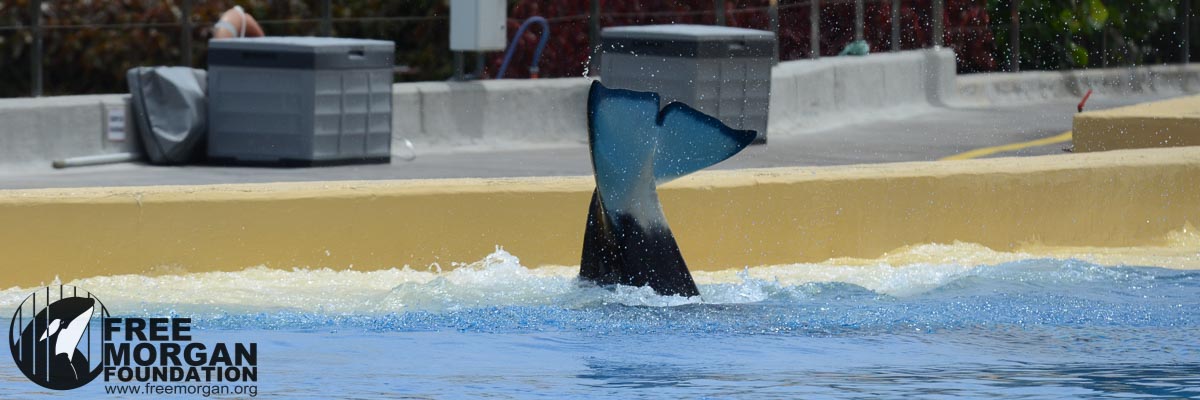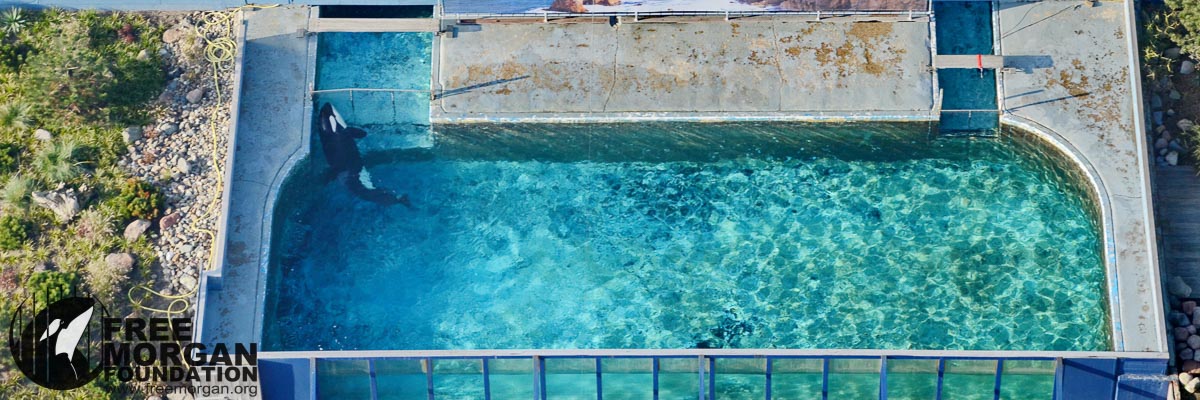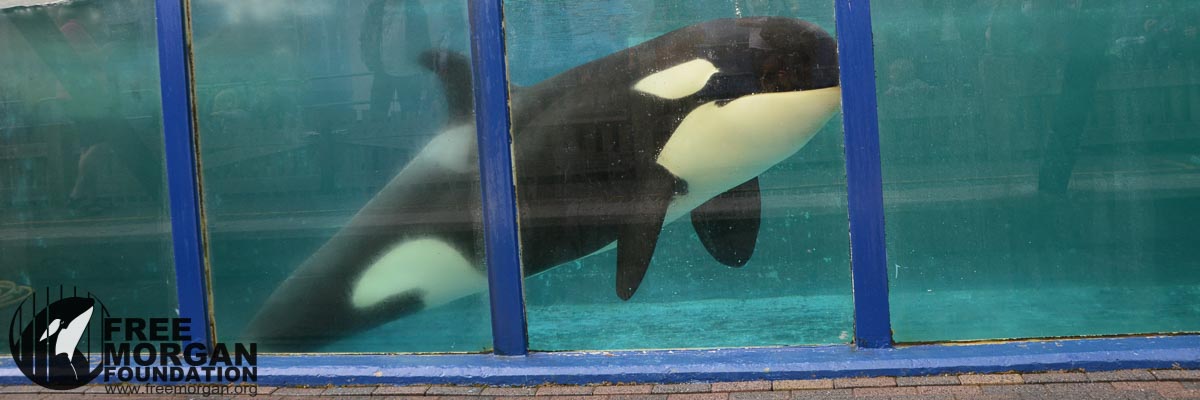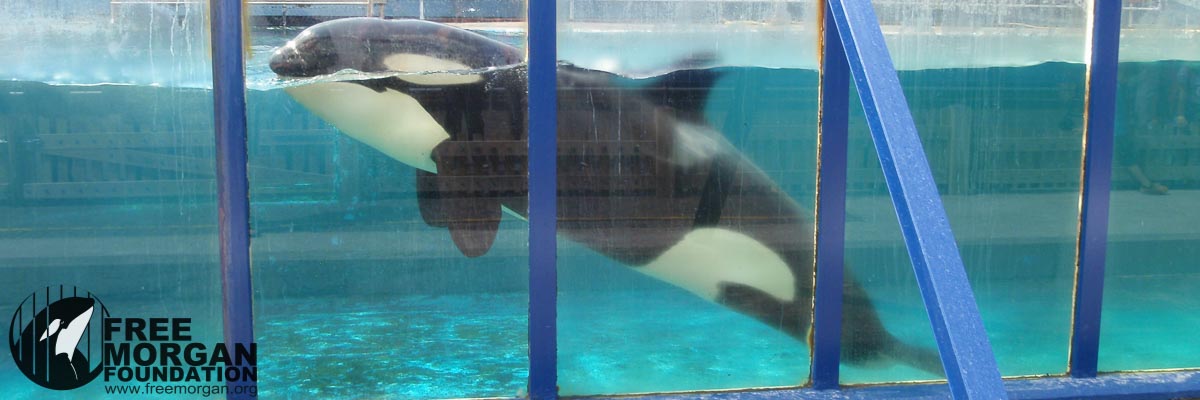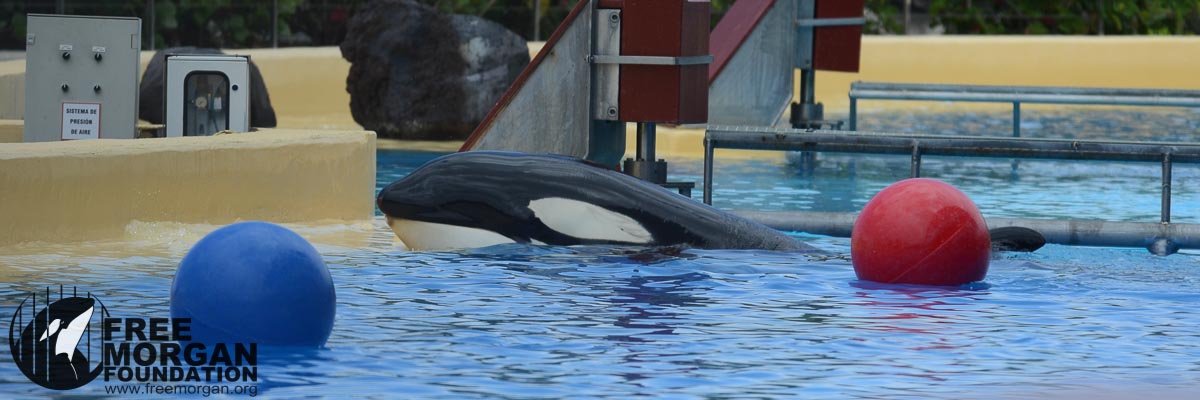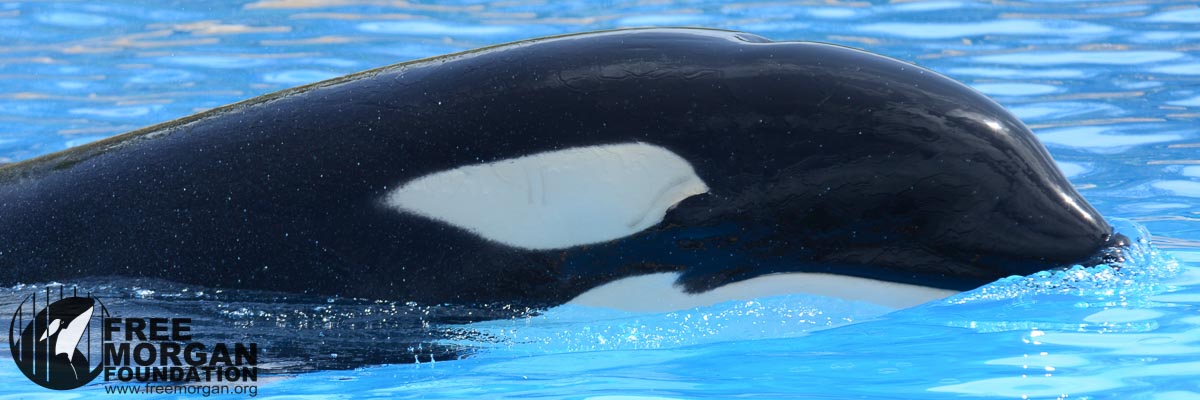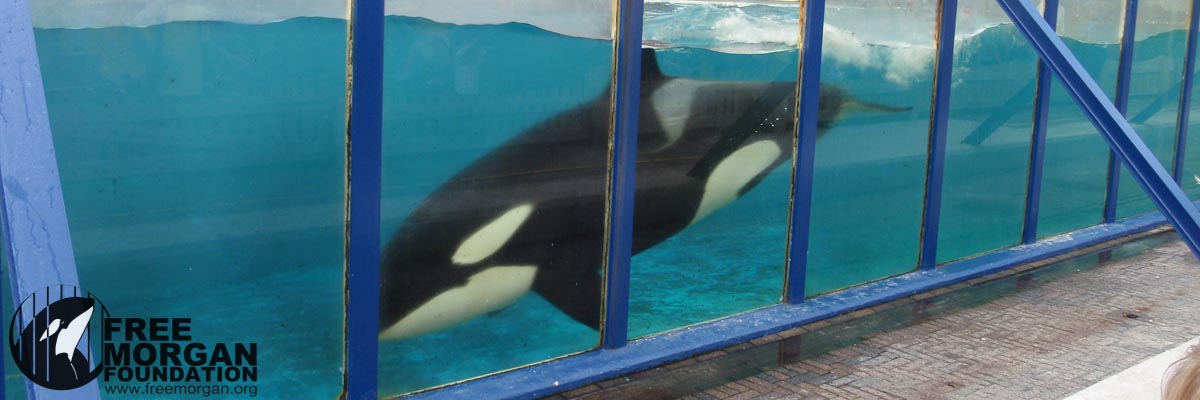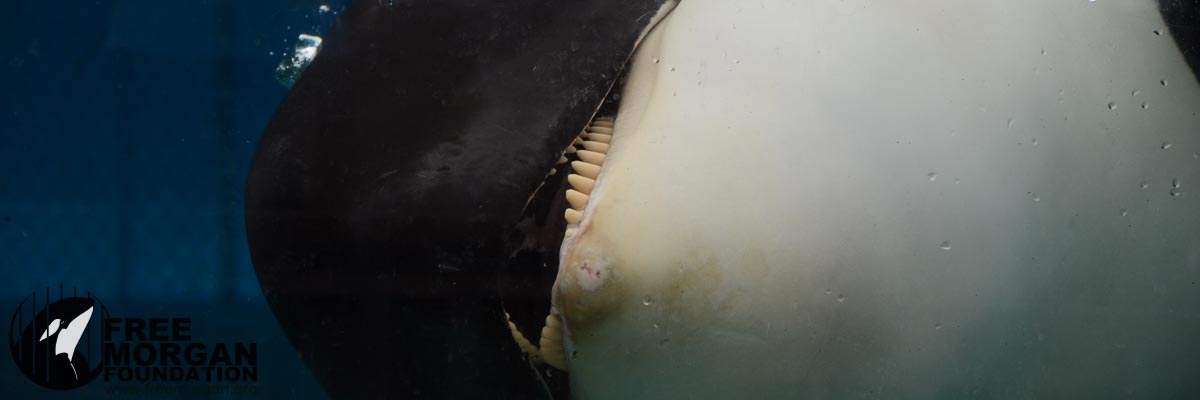Request for annulment of Morgan’s Transport Certificate
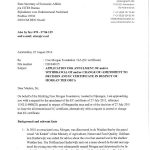 On the 25 August 2016 the Dutch lawyer Bondine Kloostra (partner of the Amsterdam law firm Van Den Biesen Kloostra Advocaten, with special expertise in the field of nature conservation and environmental law), presented the Dutch Government with a request for annulment of Morgan’s European Community (EC) certificate which permitted Morgan to be transferred to Loro Parque in Spain.
On the 25 August 2016 the Dutch lawyer Bondine Kloostra (partner of the Amsterdam law firm Van Den Biesen Kloostra Advocaten, with special expertise in the field of nature conservation and environmental law), presented the Dutch Government with a request for annulment of Morgan’s European Community (EC) certificate which permitted Morgan to be transferred to Loro Parque in Spain.
The request, on behalf of the Free Morgan Foundation (FMF), was submitted to the Dutch State Secretary of Economic Affairs and was based on the Visser & Lisker (2016) report which concerned Morgan’s welfare at the theme park Loro Parque. That report also discussed how Loro Parque has kept Morgan in close confinement with adult male orca who are of breeding age and how Loro Parque have challenged SeaWorld’s breeding ban.
The submission (in Dutch, but also provided here in English) by Kloostra & FMF outlines how Morgan’s EC certificate (hereafter called her ‘Transport Permit’) was granted exclusively for ‘scientific research’ and not for her to be used for breeding, nor commercially in shows, nor for education.
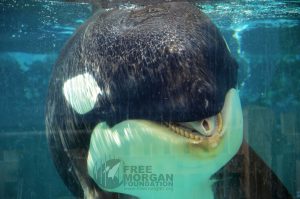
When the Dolfinarium Harderwijk (who captured Morgan) applied for a permit to move Morgan to Loro Parque, their application was also exclusively for research. More details about this can be found in the Spiegl & Visser (2015) white paper about whale laundering.
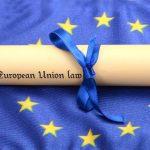 Subsequently, Morgan’s Transport Permit was issued by the Dutch Government under the EU law Council Regulation (EC) No 338/97 (9 December 1996) which included Article 8(3)(g) and Article 9(1). These aspects were clearly defined by these two paragraphs written by the State Secretary of Economic Affairs in his decision of 27 July 2011;
Subsequently, Morgan’s Transport Permit was issued by the Dutch Government under the EU law Council Regulation (EC) No 338/97 (9 December 1996) which included Article 8(3)(g) and Article 9(1). These aspects were clearly defined by these two paragraphs written by the State Secretary of Economic Affairs in his decision of 27 July 2011;
“I am therefore of the opinion that Loro Parque will keep the orca for research as described in Article 8(3)(g) of the [CITES Basic] Regulation. Transportation will also take place in accordance with Article 9 of the [CITES Basic] Regulation.” [emphasis added]
And:
“I will therefore issue an EC Certificate for the transfer of the orca from the dolphinarium in Harderwijk to Loro Parque, Tenerife, on condition that the animal is kept for research. For this reason clauses 18.8, 19.2 and 19.3 of the Certificate have been ticked.” [emphasis added]
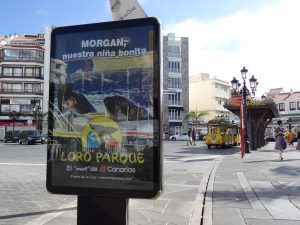
Despite these unambiguous paragraphs, Loro Parque has continually violated the Transport Permit by attempting to breed Morgan. They also violated it by using her for what they claim is ‘education’ via her appearance in repetitive circus-like shows for tourists, as well as advertising her presence to generate ticket sales at the entertainment park. Clearly her use in shows that the public pay to see and in advertising to generate sales is for commercial use. Breeding can also be argued to be for commercial use as her offspring have a monetary value. Additionally, as any offspring would be born in captivity they could be exported around the world without the strict protection that Morgan has and such offspring could fetch millions of dollars.
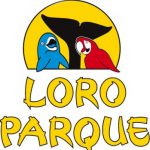 Furthermore, there is absolutely no indication that Morgan is being used appropriately for ‘research’, either. Since her arrival in November 2011 only one peer-reviewed manuscript has been published which features Morgan. And, it should be noted that this publication uses Morgan only to test for her potential hearing deficits. The authors themselves note a number of faults with the study stating in one instance that “The magnitude and frequency range of the hearing deficit cannot be specified with the techniques used herein ...”
Furthermore, there is absolutely no indication that Morgan is being used appropriately for ‘research’, either. Since her arrival in November 2011 only one peer-reviewed manuscript has been published which features Morgan. And, it should be noted that this publication uses Morgan only to test for her potential hearing deficits. The authors themselves note a number of faults with the study stating in one instance that “The magnitude and frequency range of the hearing deficit cannot be specified with the techniques used herein ...”
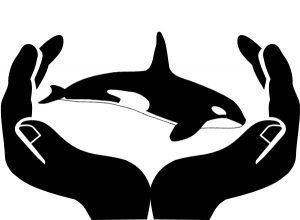
Perhaps most importantly this study of Morgan’s hearing does not contribute to the conservation of the species – which the law requires. In other words: there is no trace of evidence of true ‘scientific research’ with a benefit to the species, when using Morgan at Loro Parque. This is despite the fact that she had been at Loro Parque for almost five years (in August 2016, when this annulment application was filed – see the ‘count-up clock’ on the FMF home page showing how long Morgan has been in captivity).
 Kloostra states “Morgan’s accelerated teeth wear is an important indication that welfare standards are not met. Disregard for the terms of her certificate, which does not authorize breeding, is also reason to act. The request is presented to the State Secretary of Economic Affairs because the Dutch Government is the issuing authority and has authorised Morgan’s stay in Loro Parque for research – not doing shows for tourists or breeding.”
Kloostra states “Morgan’s accelerated teeth wear is an important indication that welfare standards are not met. Disregard for the terms of her certificate, which does not authorize breeding, is also reason to act. The request is presented to the State Secretary of Economic Affairs because the Dutch Government is the issuing authority and has authorised Morgan’s stay in Loro Parque for research – not doing shows for tourists or breeding.”
Kloostra also noted that the Dutch Government’s responsibility doesn’t go away just because Morgan has been moved to Spain – in fact, the opposite is true. They should be actively taking note of the conditions that Morgan is held under in Spain and actively ensuring that she is appropriately cared for. Clearly the Visser & Lisker (2016) report shows that this isn’t the case and therefore the FMF has challenged that her EC Transport Permit conditions are not being met.
